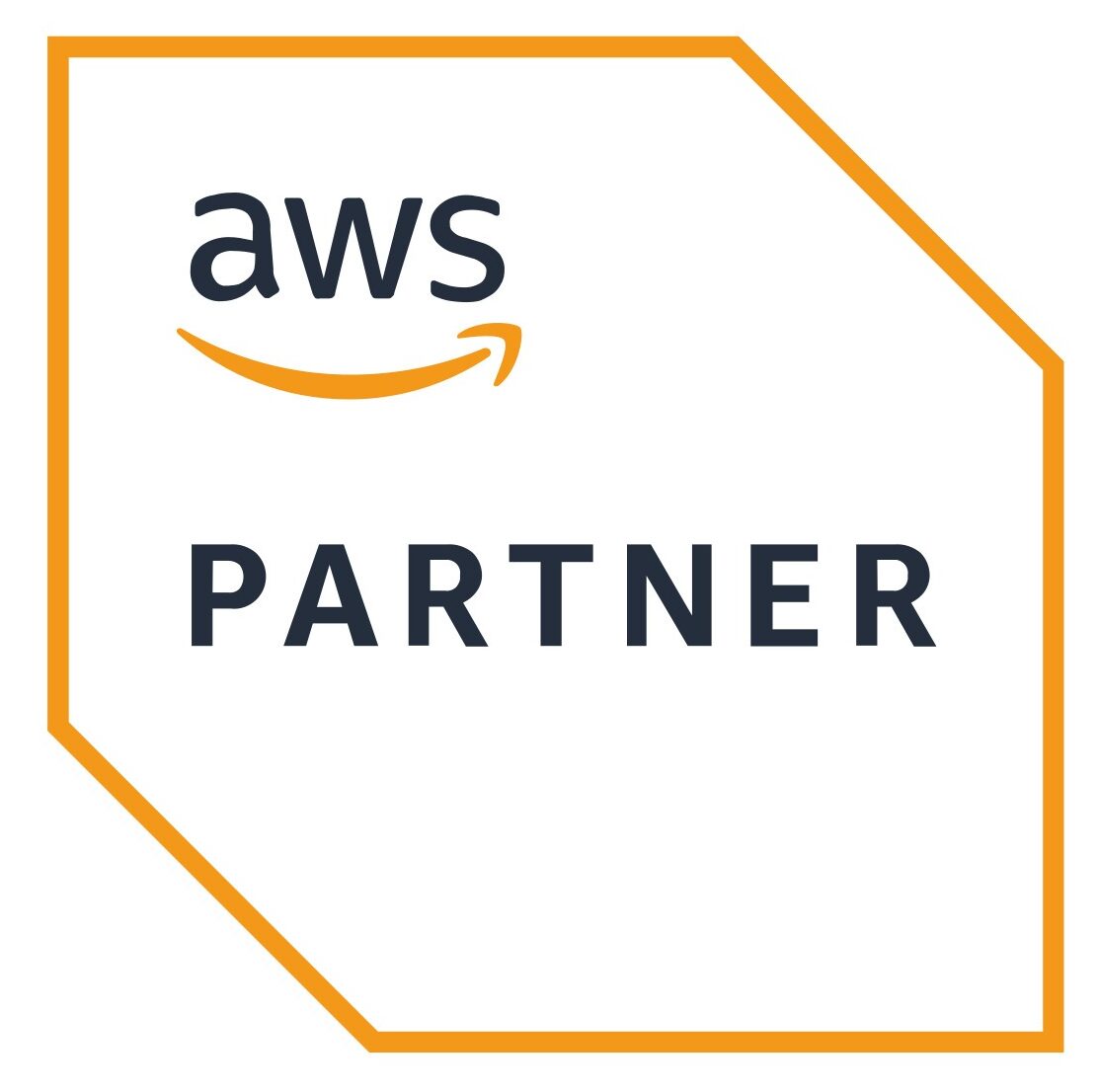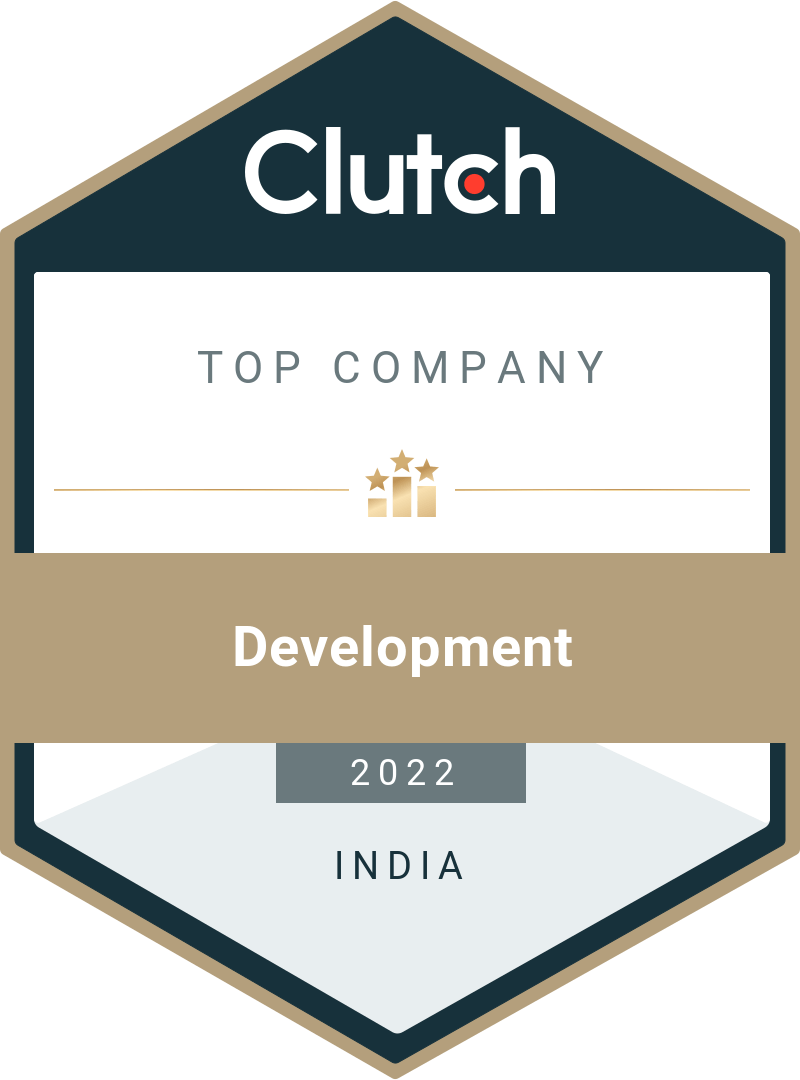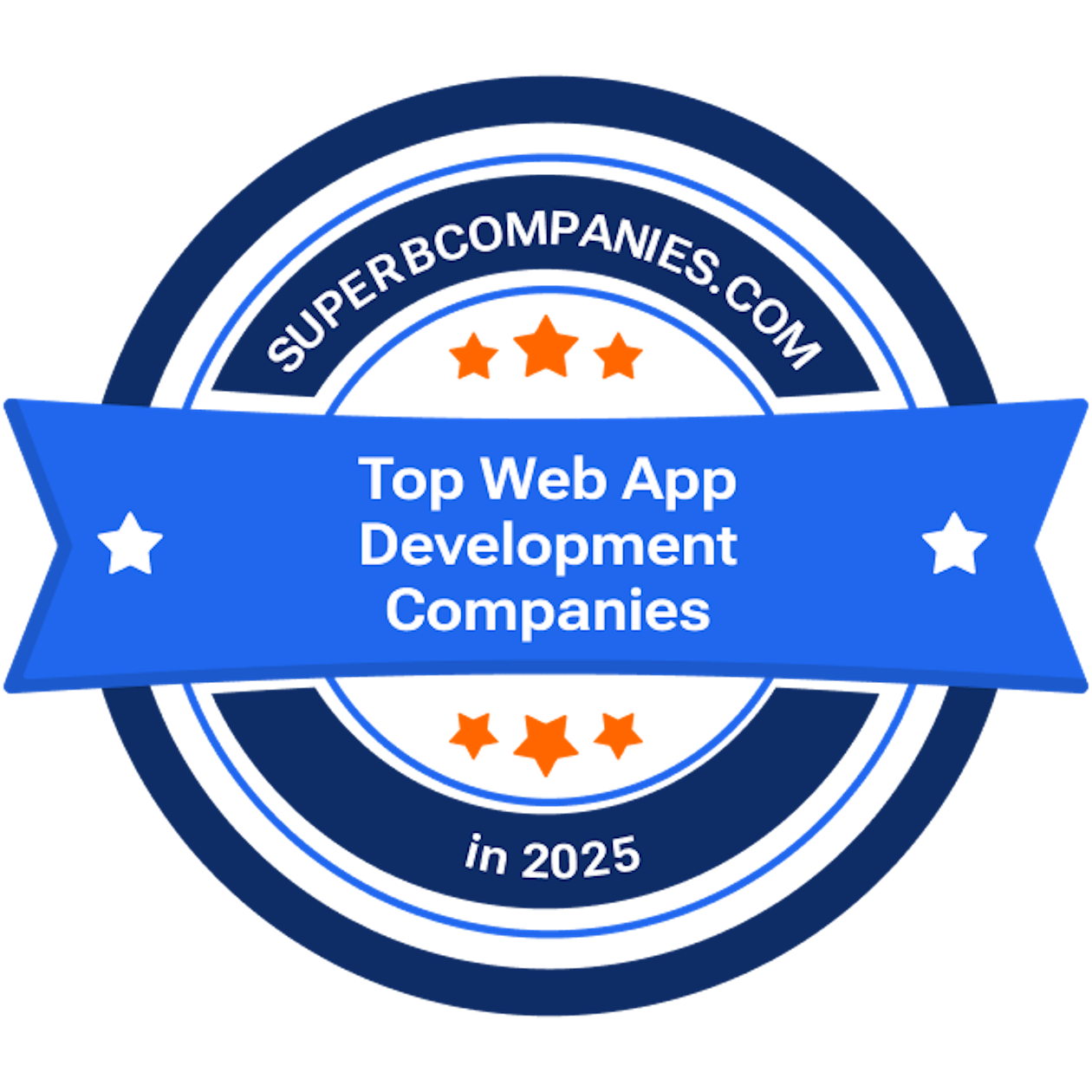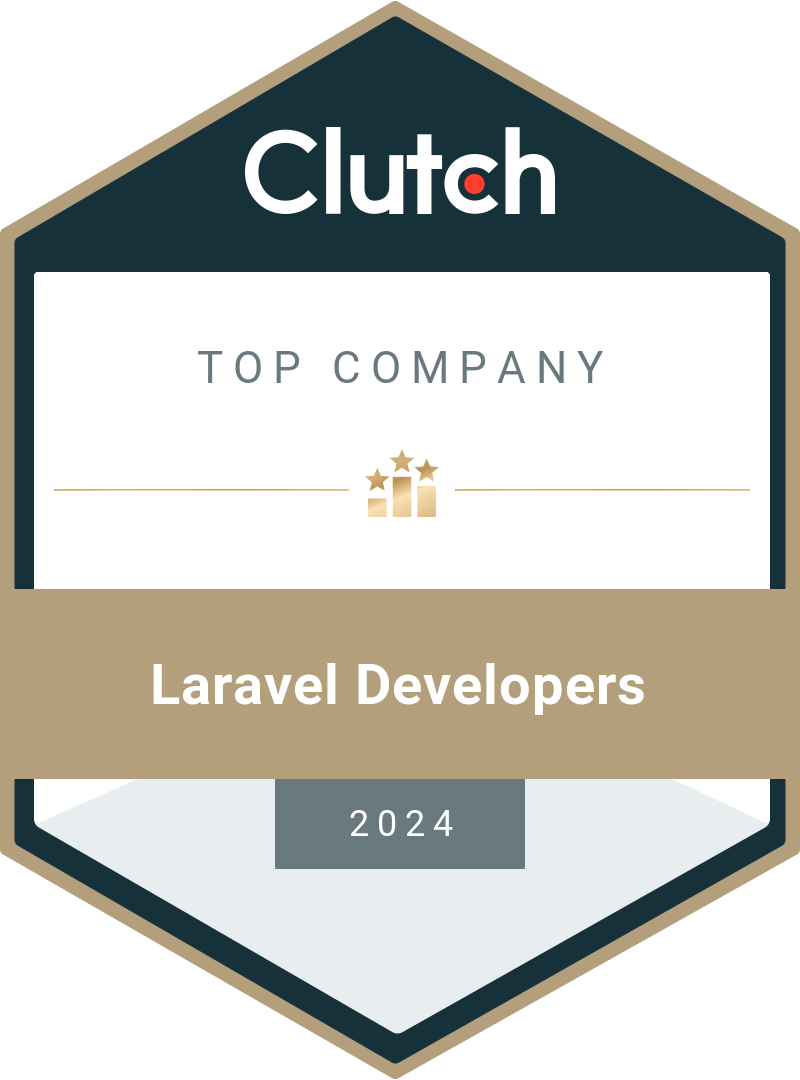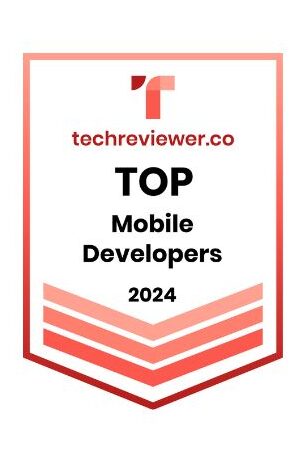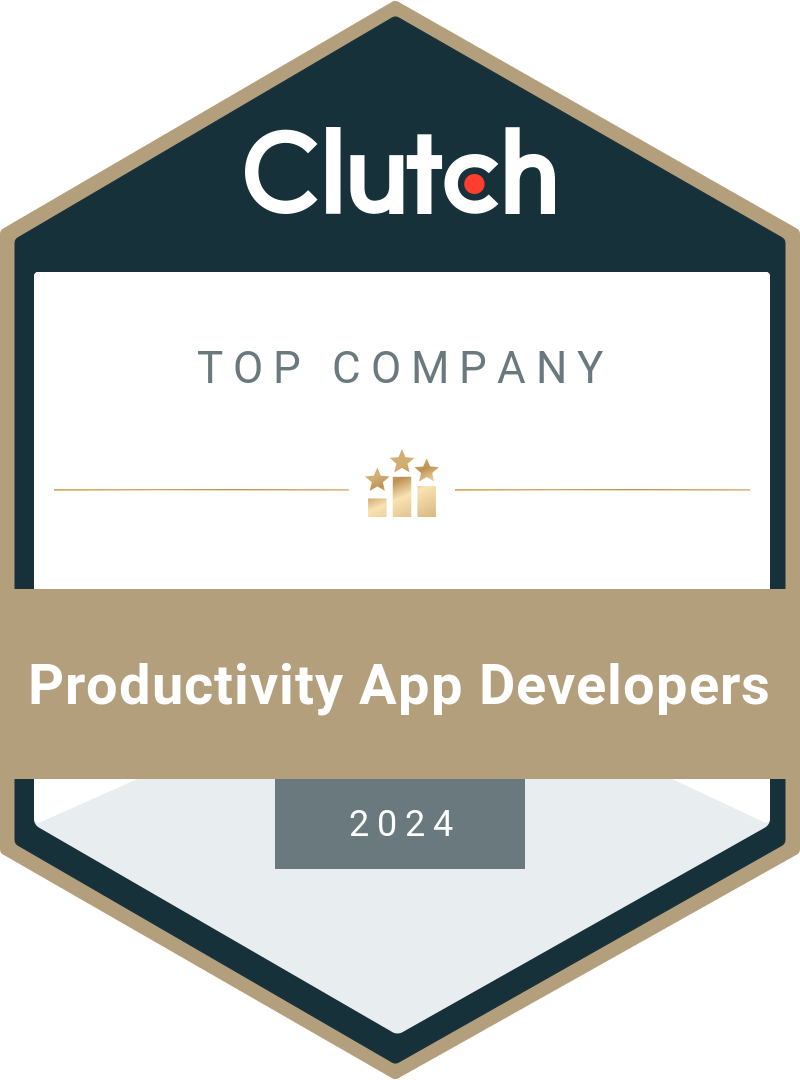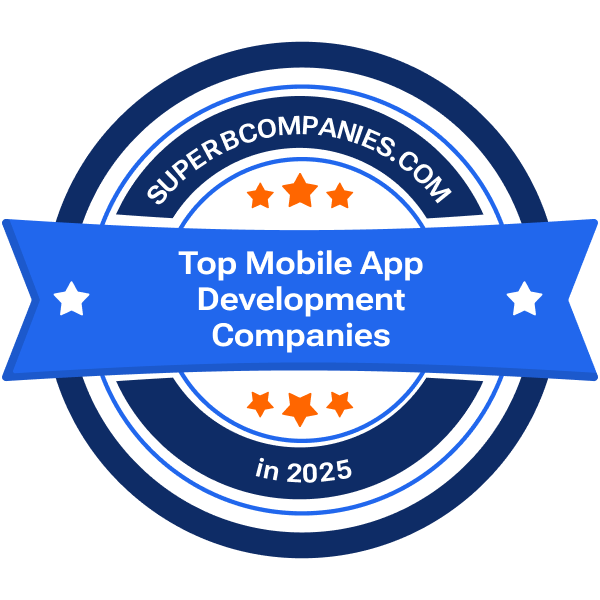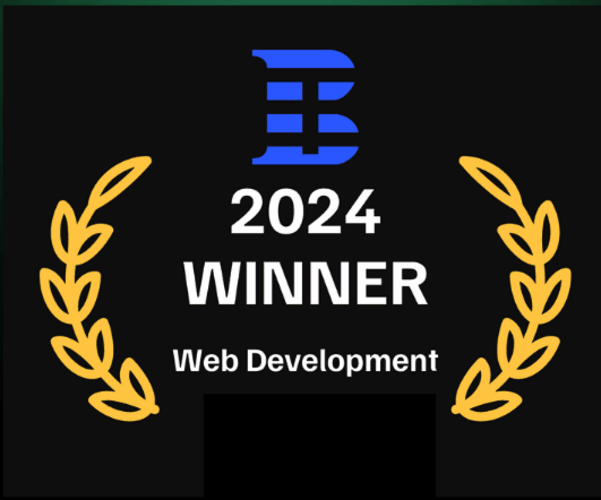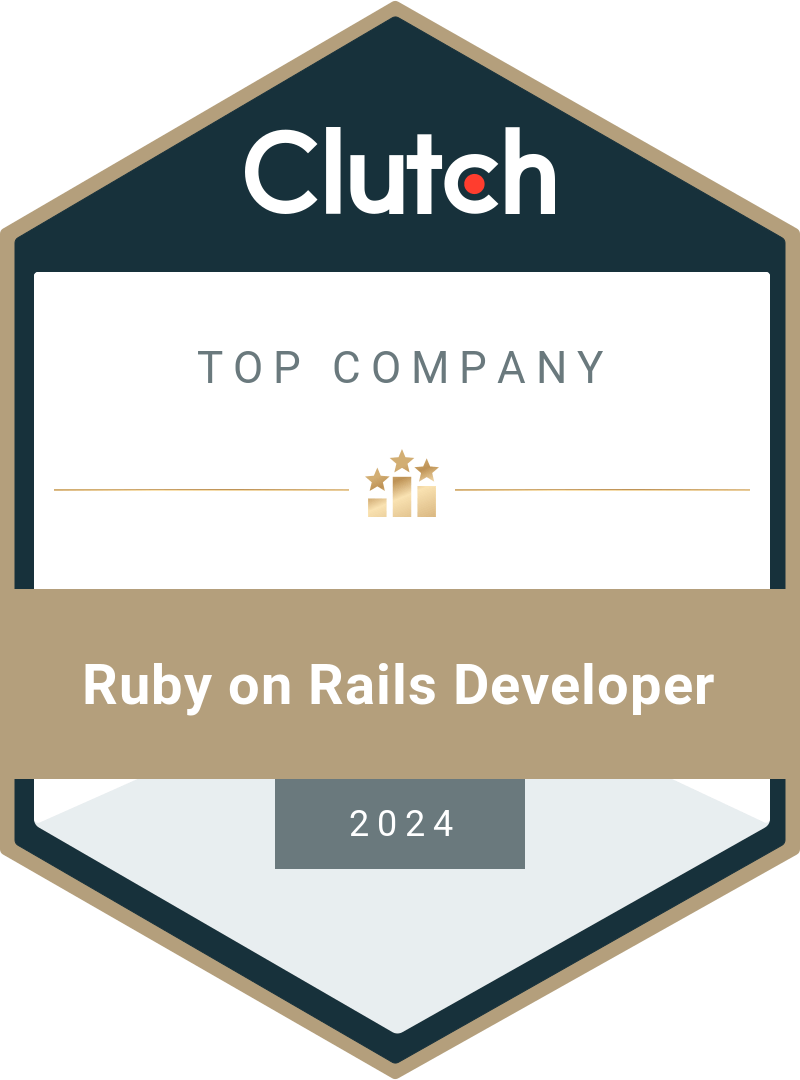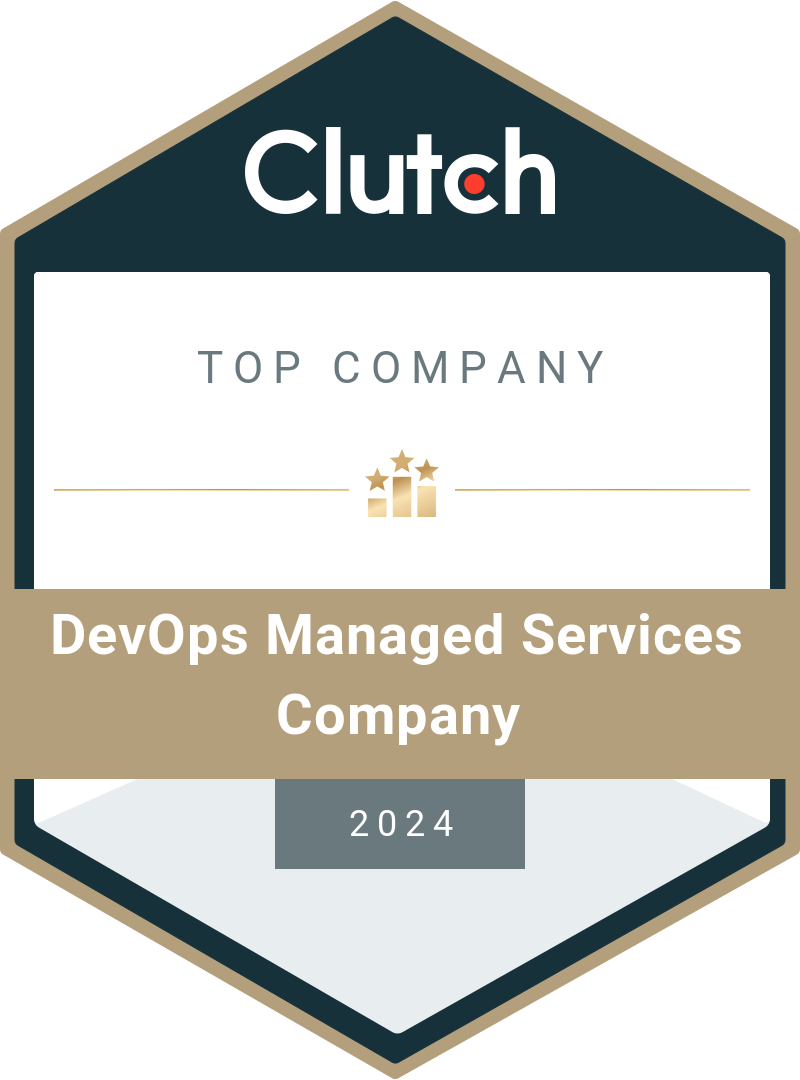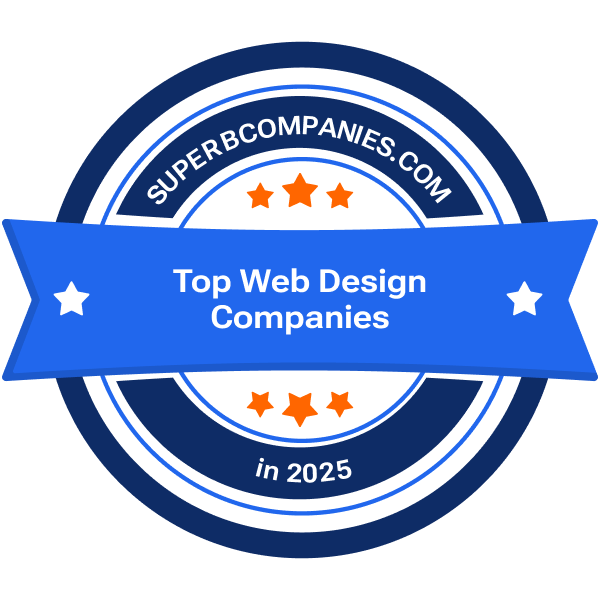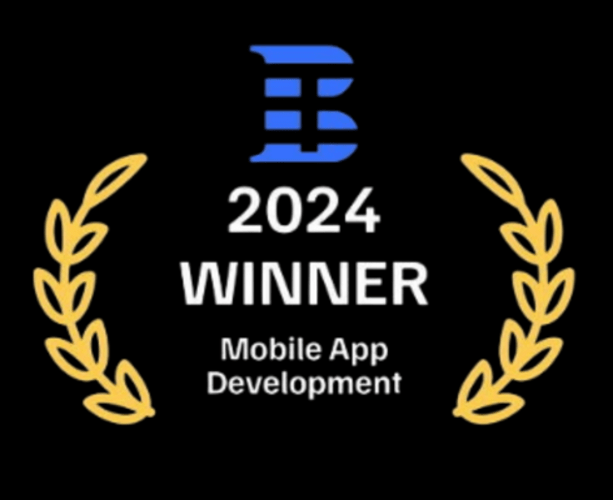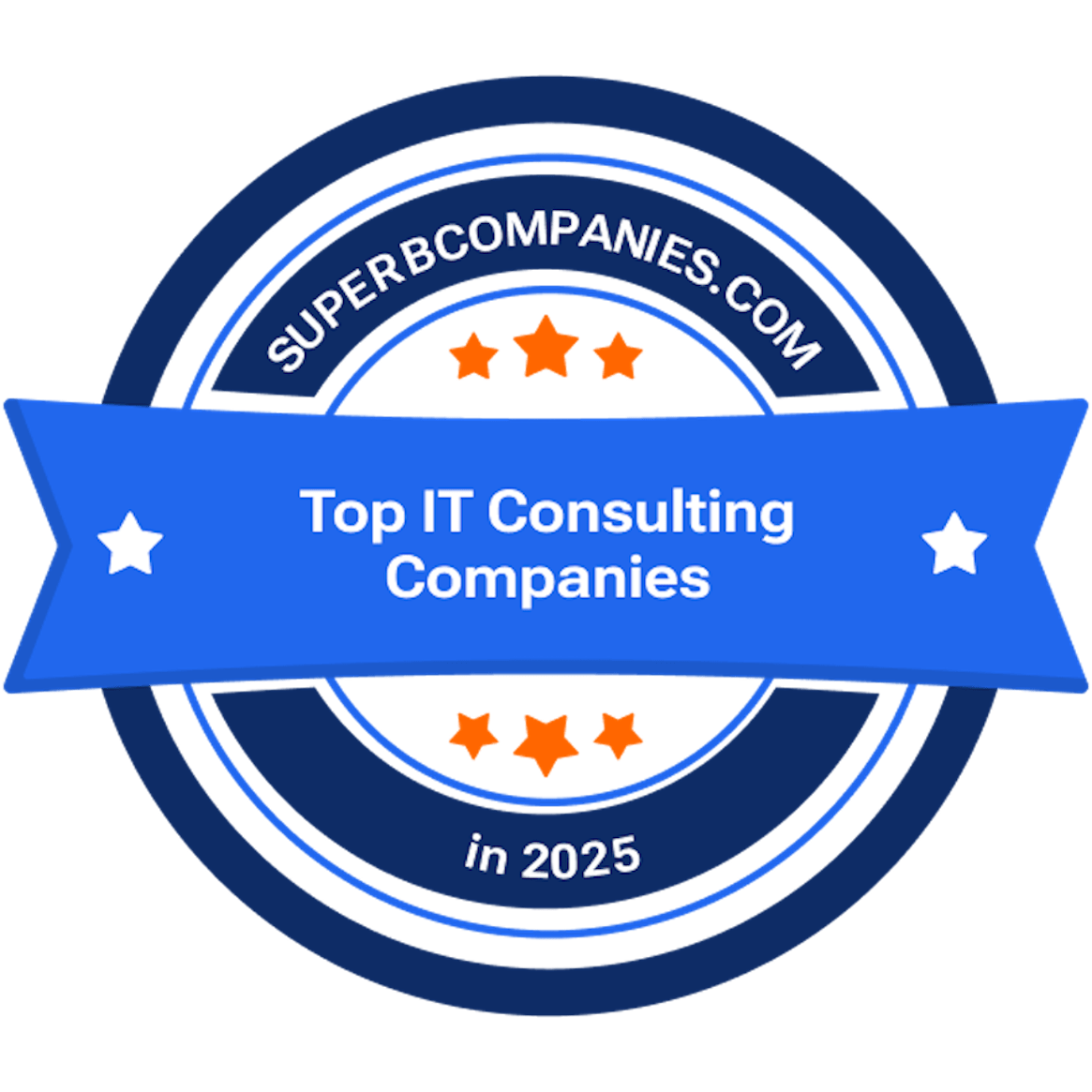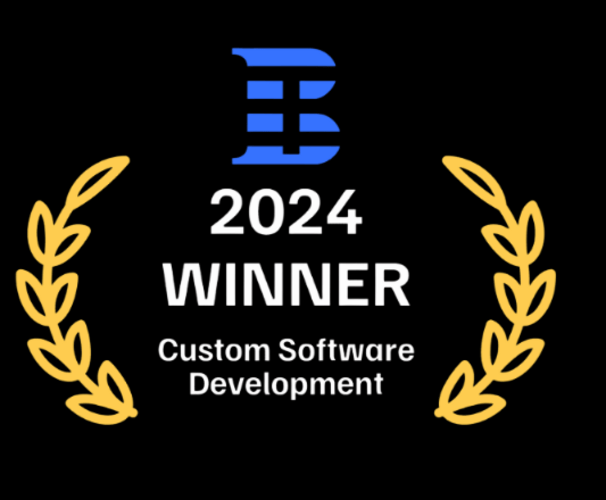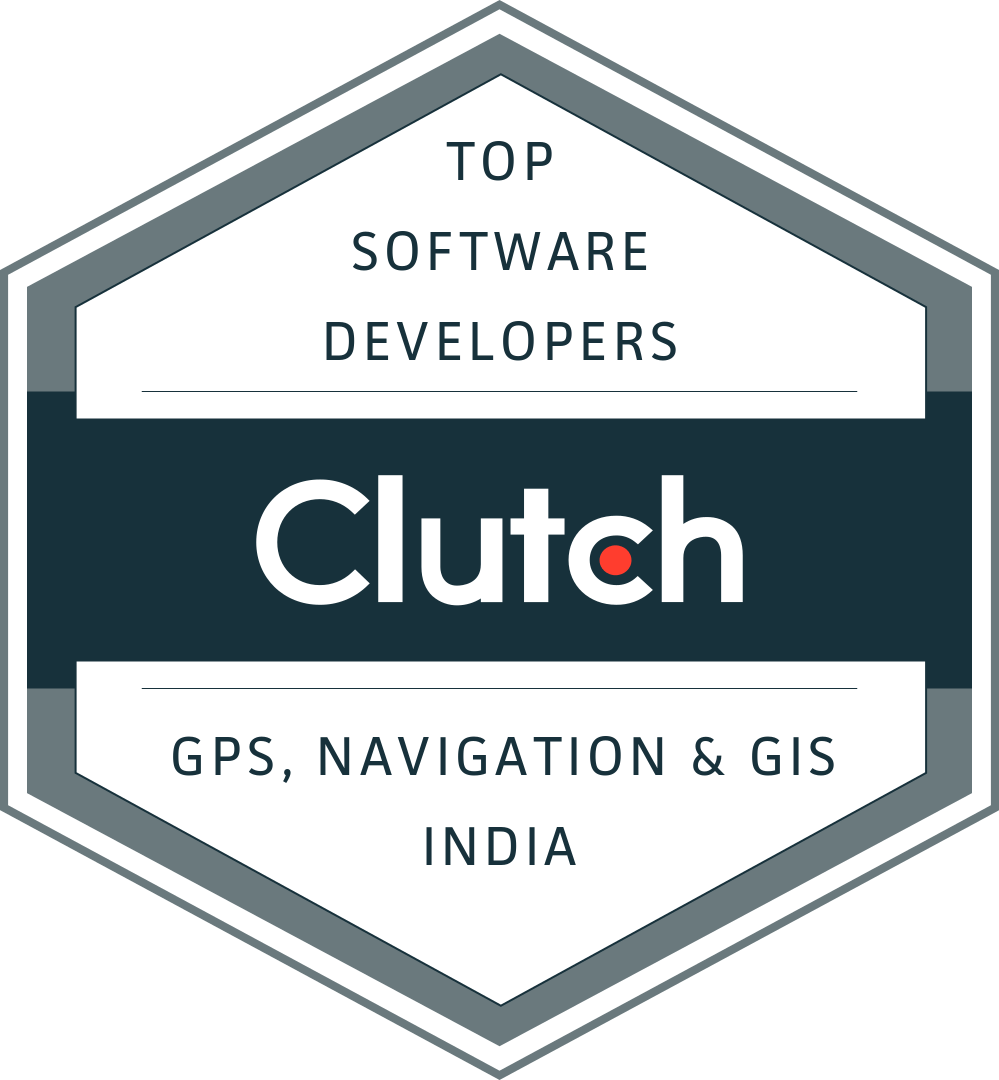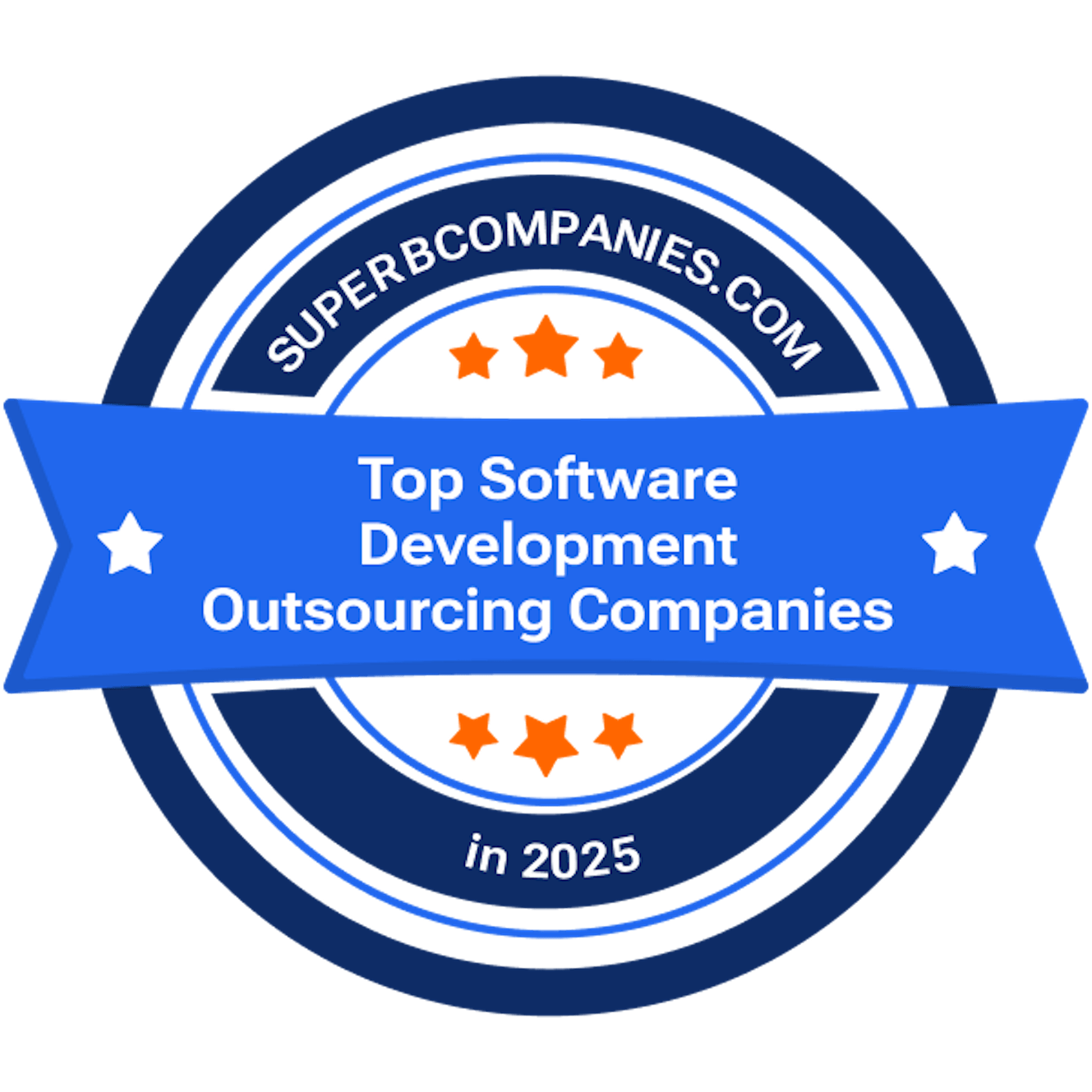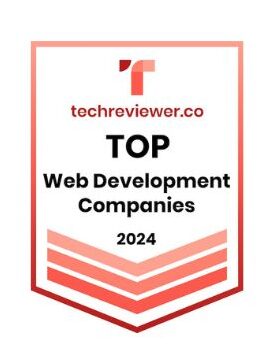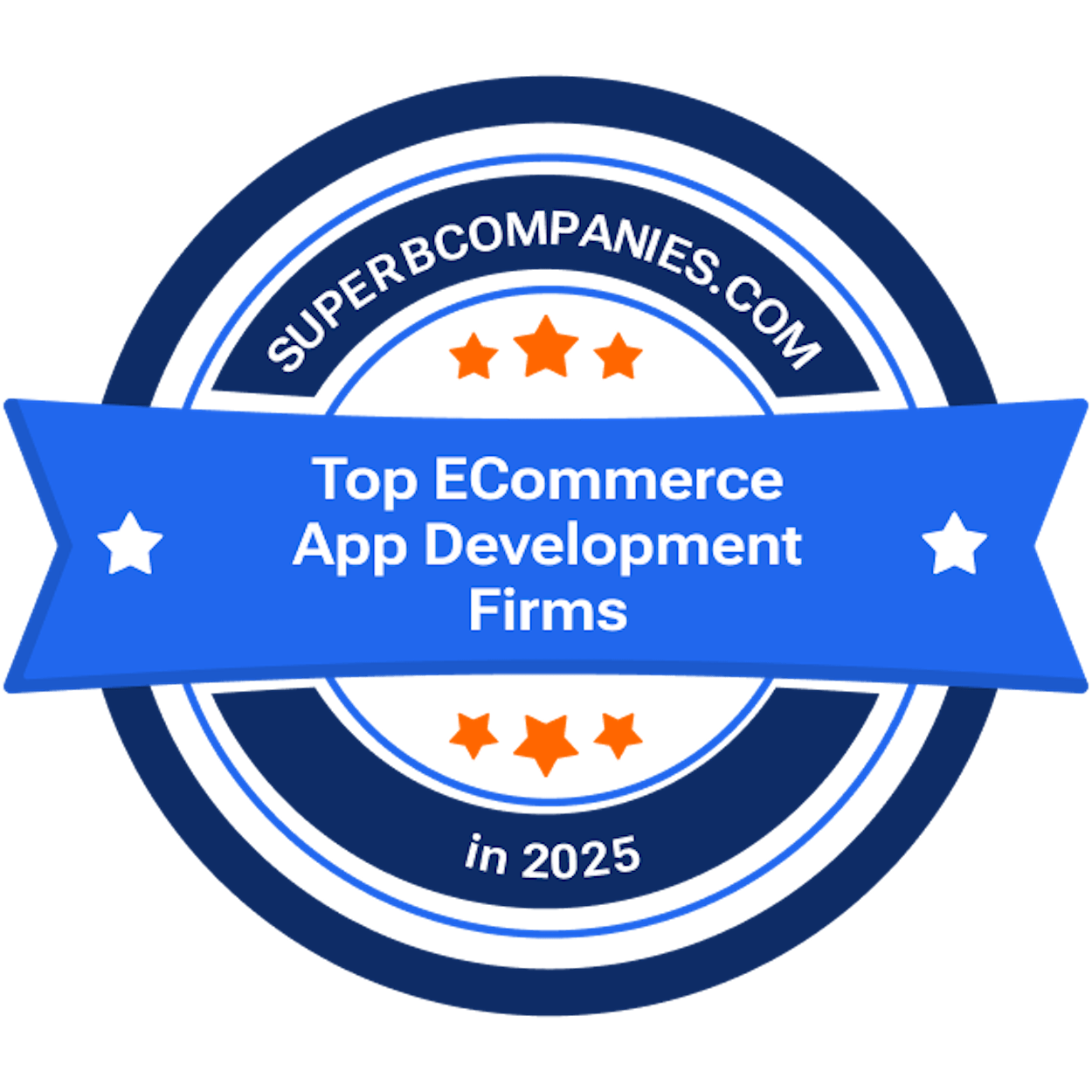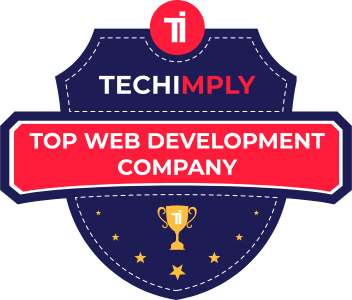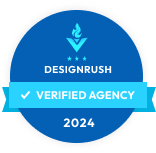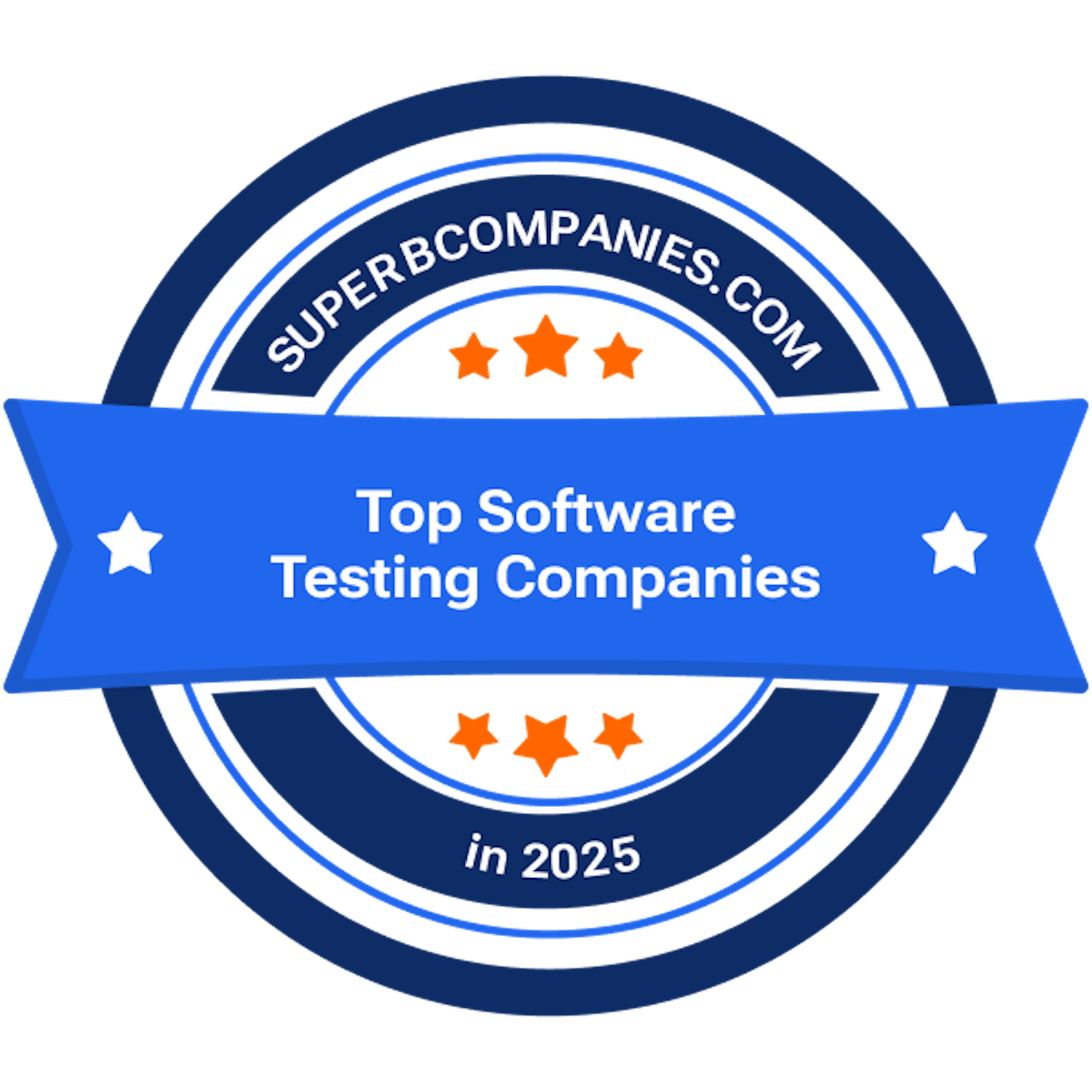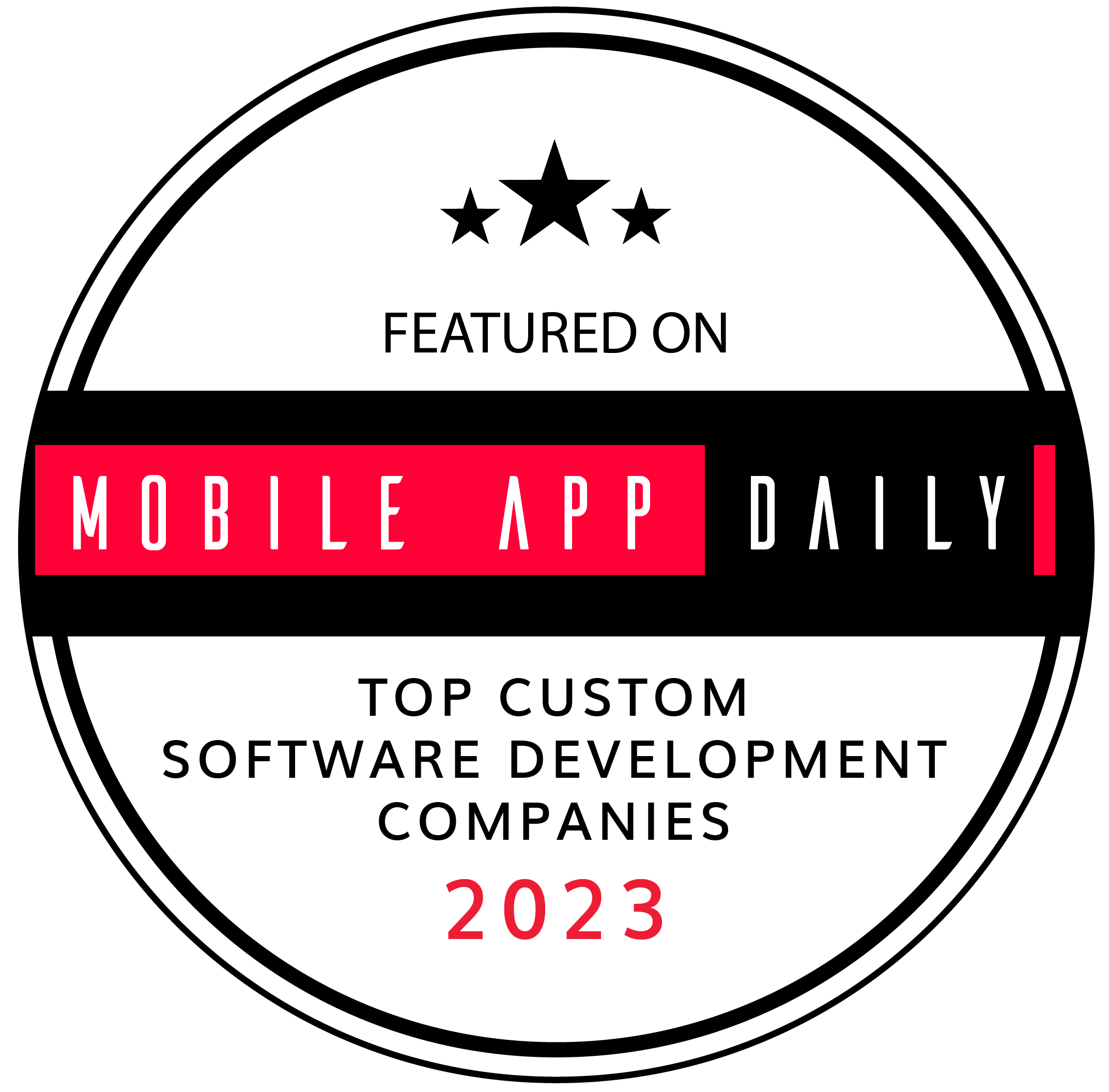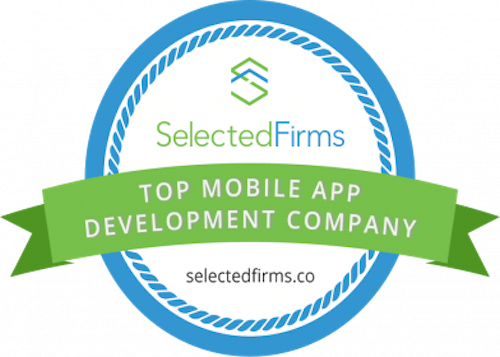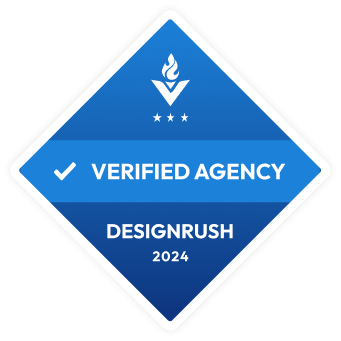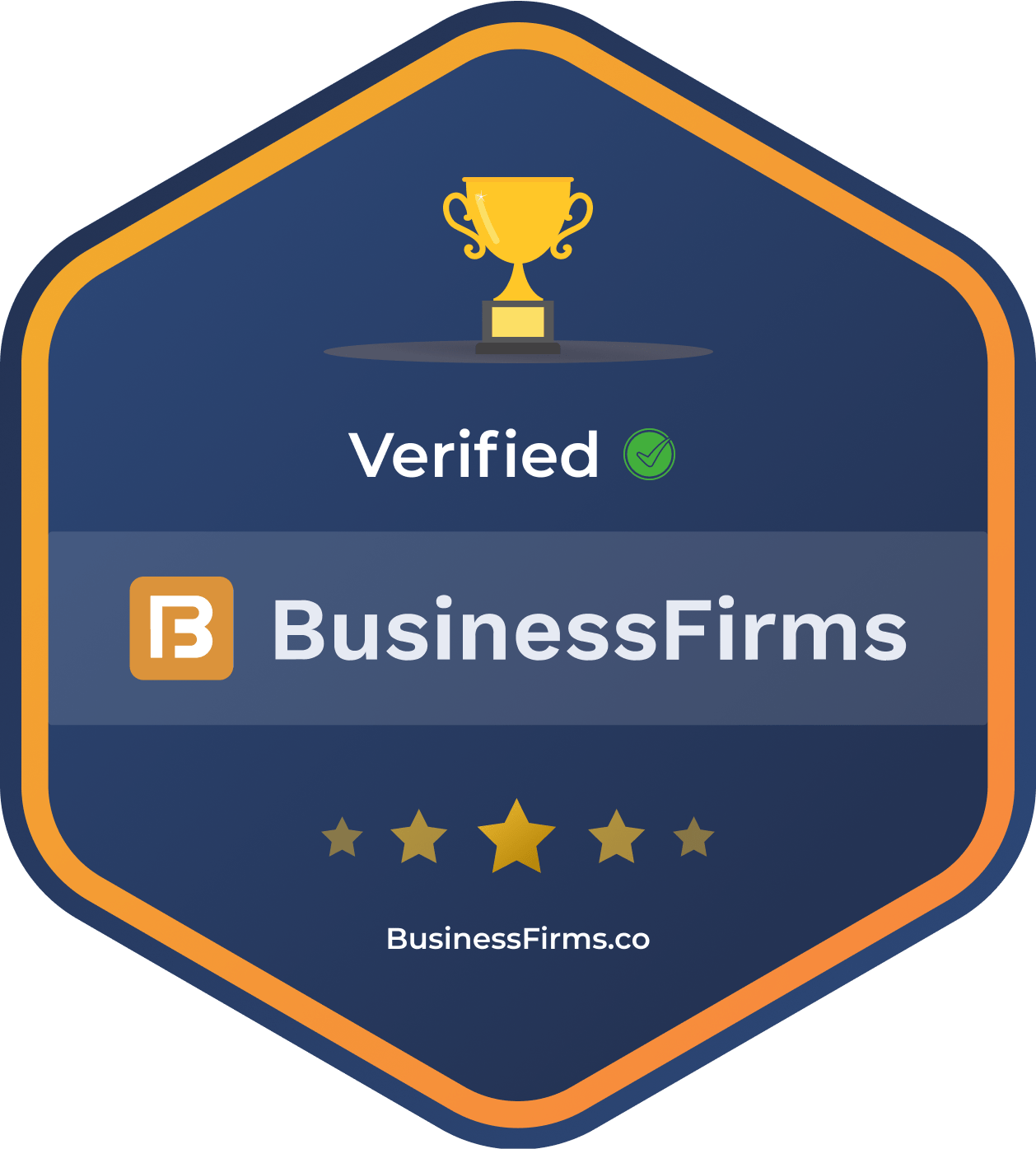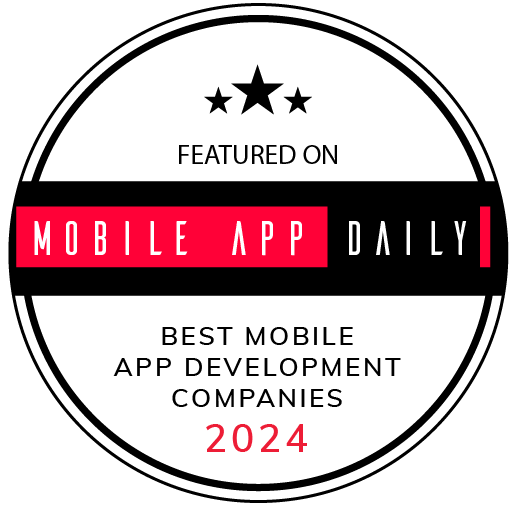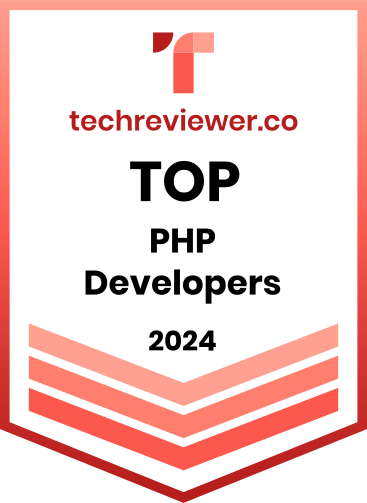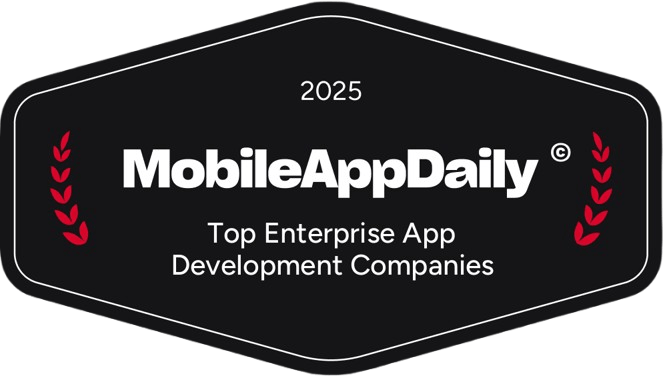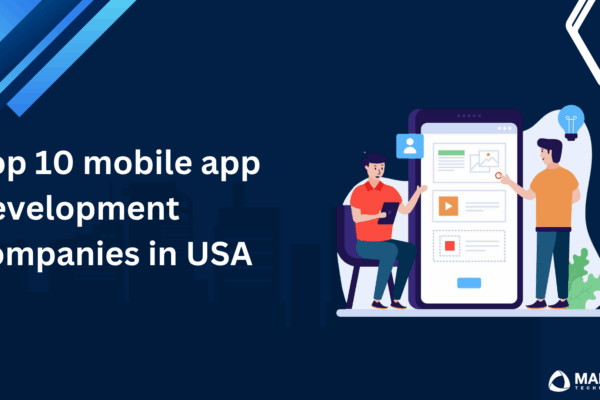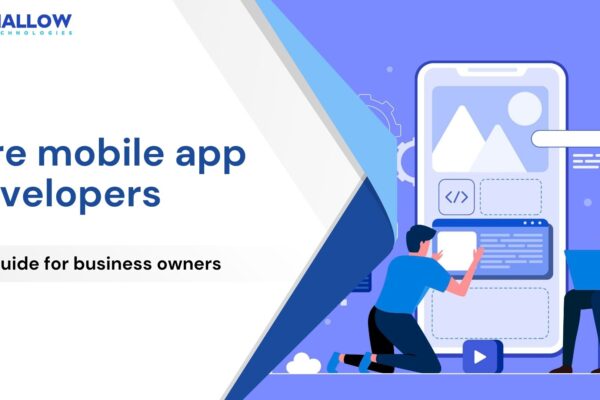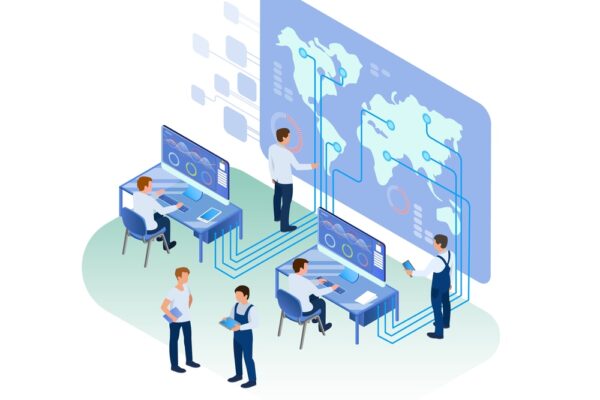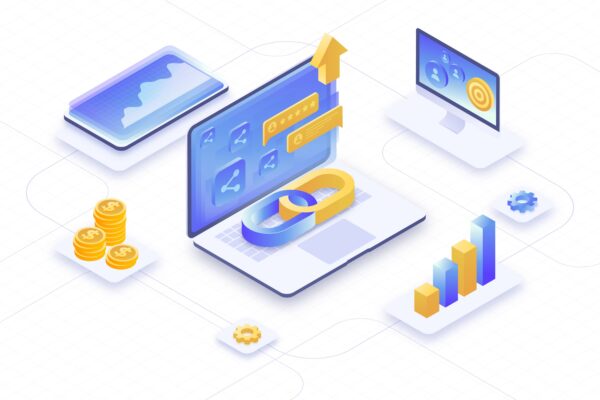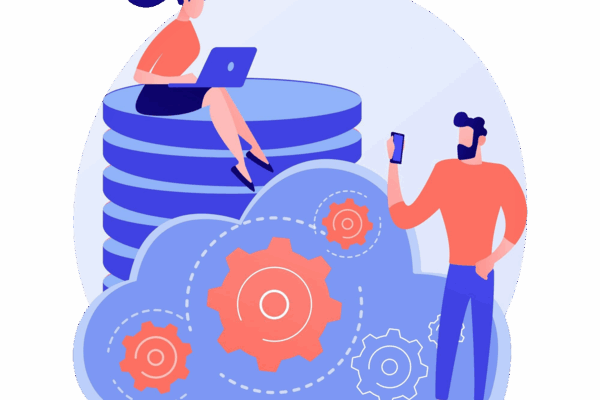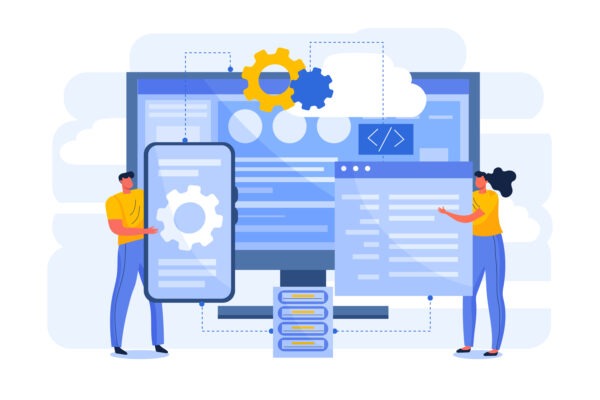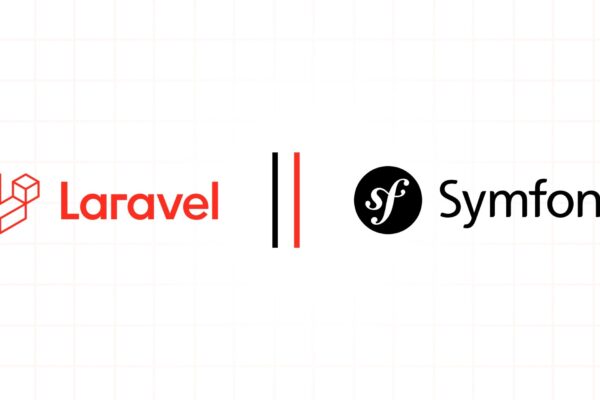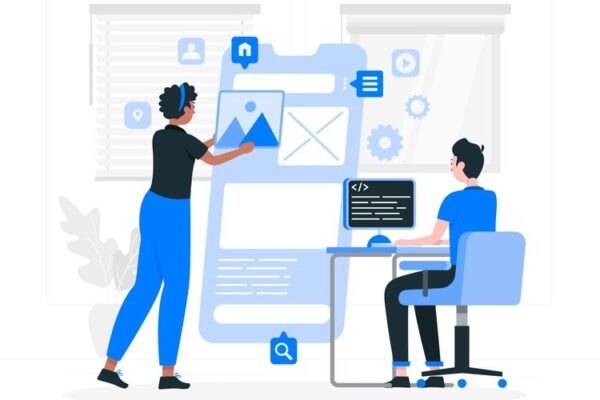Ready to elevate your enterprise business like our successful clients? Let’s work together to make it happen! Reach out now and start your journey to growth.
What is enterprise software?
- Home
- What is enterprise software?
Is your business struggling with data inaccuracies from disconnected systems?
With our custom enterprise software development, Mallow integrates all your systems for seamless connectivity, improving data accuracy and optimizing operations. Our tailored solutions unify your processes, eliminate inefficiencies from disconnected systems, enhance workflows, and foster collaboration, enabling your team to make informed decisions with reliable insights.
We have empowered businesses –
- by automating 70% of daily operations for enterprise-level clients
- to scale up to 15x
- to manage 4M+ daily events with custom-built apps
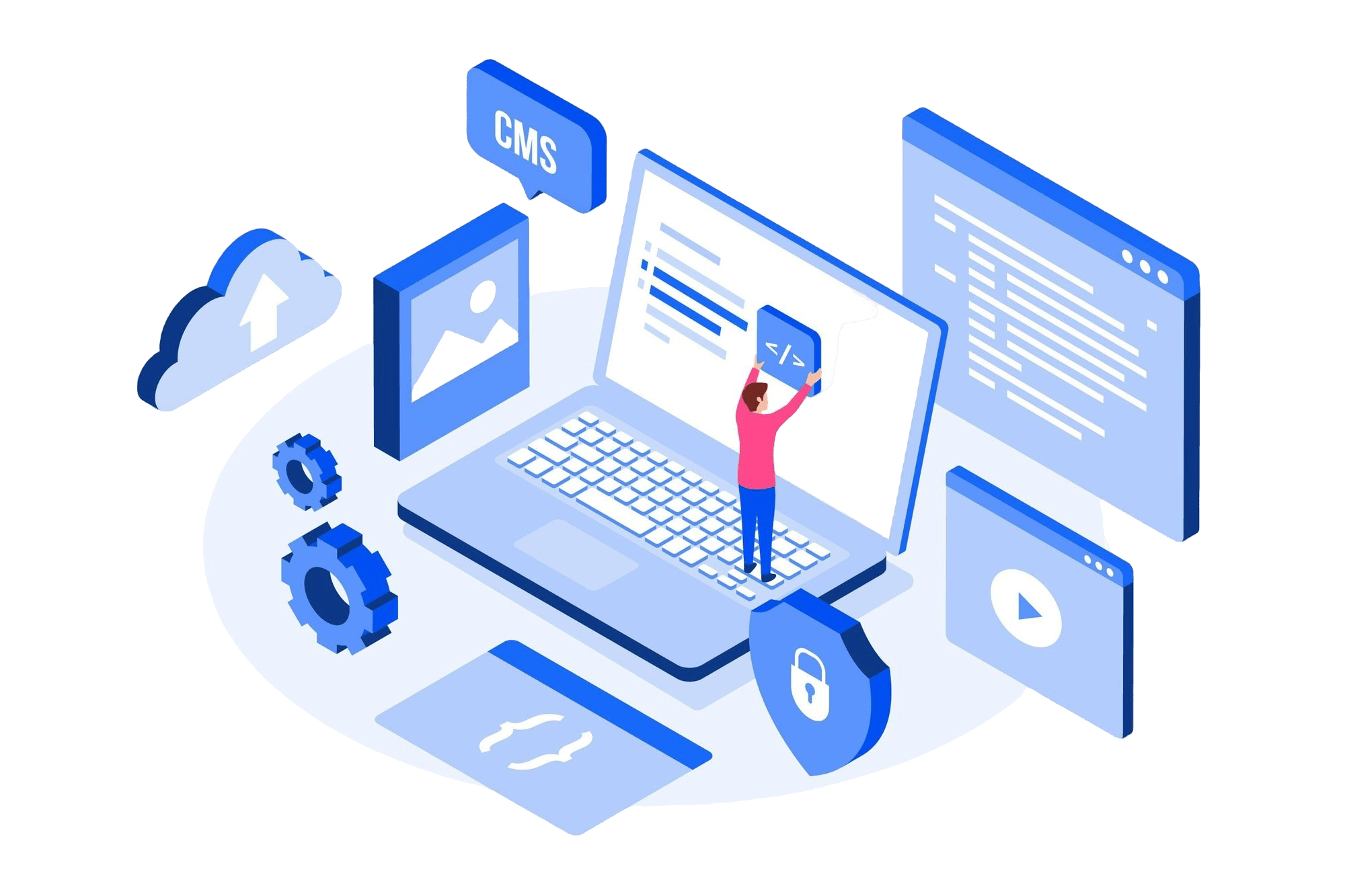
What is enterprise software?
Enterprise software refers to applications designed to handle the complex, needs of organizations rather than individual users. It helps companies run smoothly and efficiently by integrating various operations like supply chain management, CRM, and ERP into a cohesive system. These powerful solutions foster real-time data sharing and collaboration across departments, empowering informed decision-making and driving overall business success.
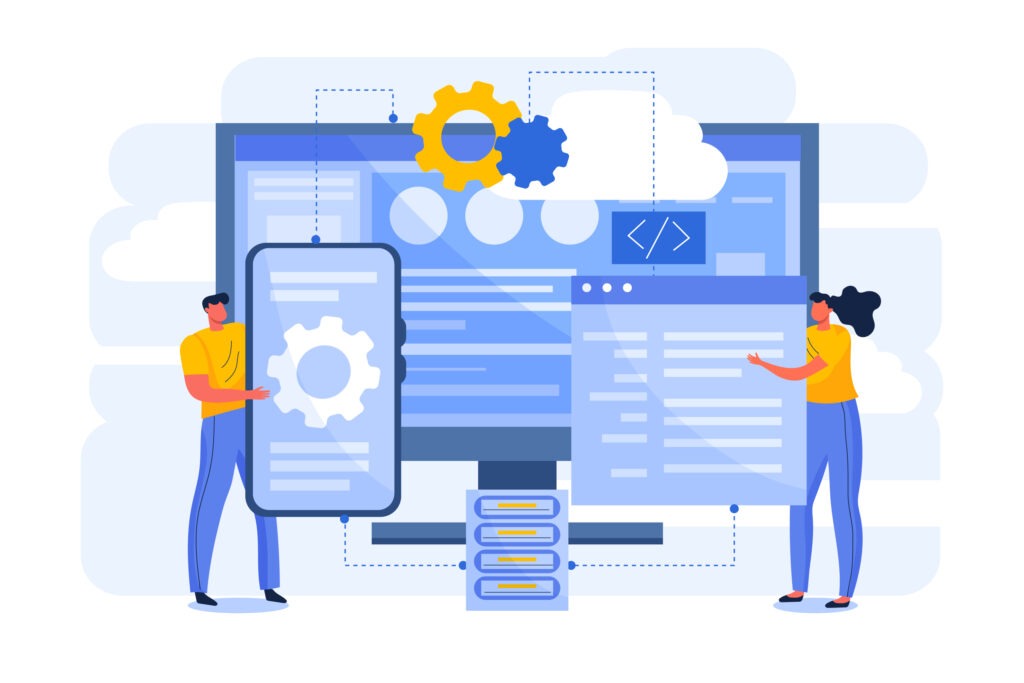
Why is enterprise software important?
Enterprise software offers numerous benefits that enhance operational efficiency and facilitate better decision-making within organizations. By integrating various business processes and providing powerful tools for analysis and collaboration, enterprise software empowers companies to adapt to changing market conditions. Here are the key benefits of enterprise software:
Centralized data management
Provides a unified platform for storing and accessing data, improving accuracy and making information readily available.
Improved collaboration
Facilitates communication and teamwork among different departments, leading to better project coordination and faster decision-making.
Robust security
Incorporates advanced security measures to protect sensitive data, ensuring compliance with industry regulations and safeguarding against cyber threats.
Scalability
Designed to grow with the organization, accommodating increasing numbers of users and data without performance degradation.
Actionable insights
Offers powerful analytics and reporting tools, enabling organizations to make informed decisions based on real-time data and trends.
Enhanced efficiency
Streamlines and automates processes, reducing manual work and improving productivity across the organization.
What are the common types of enterprise software?
Enterprise software is designed to support and streamline various business processes within an organization. These systems enhance efficiency, improve communication, and facilitate data management across departments. Here are the main types of enterprise software that organizations commonly utilize:
Enterprise Resource Planning (ERP)
ERP software integrates key business processes into a single system, allowing companies to manage operations such as finance, supply chain, HR, and production in real-time.
How it benefits you?
- Automates manual tasks and streamlines business processes.
- Provides a unified source of truth, reducing data duplication and errors.
- Offers real-time insights through integrated data analytics.
- Supports business growth by easily handling increasing data and users.
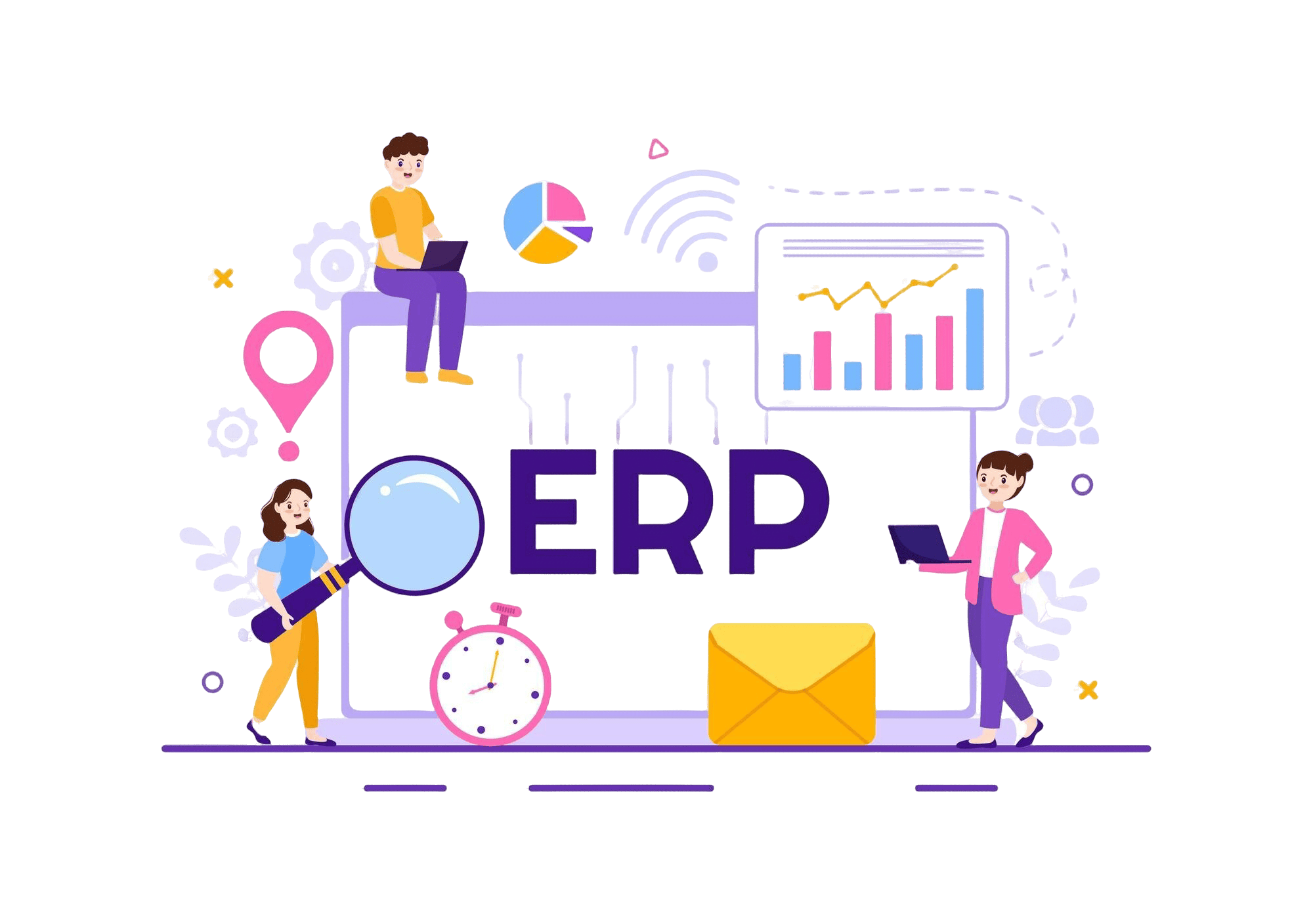
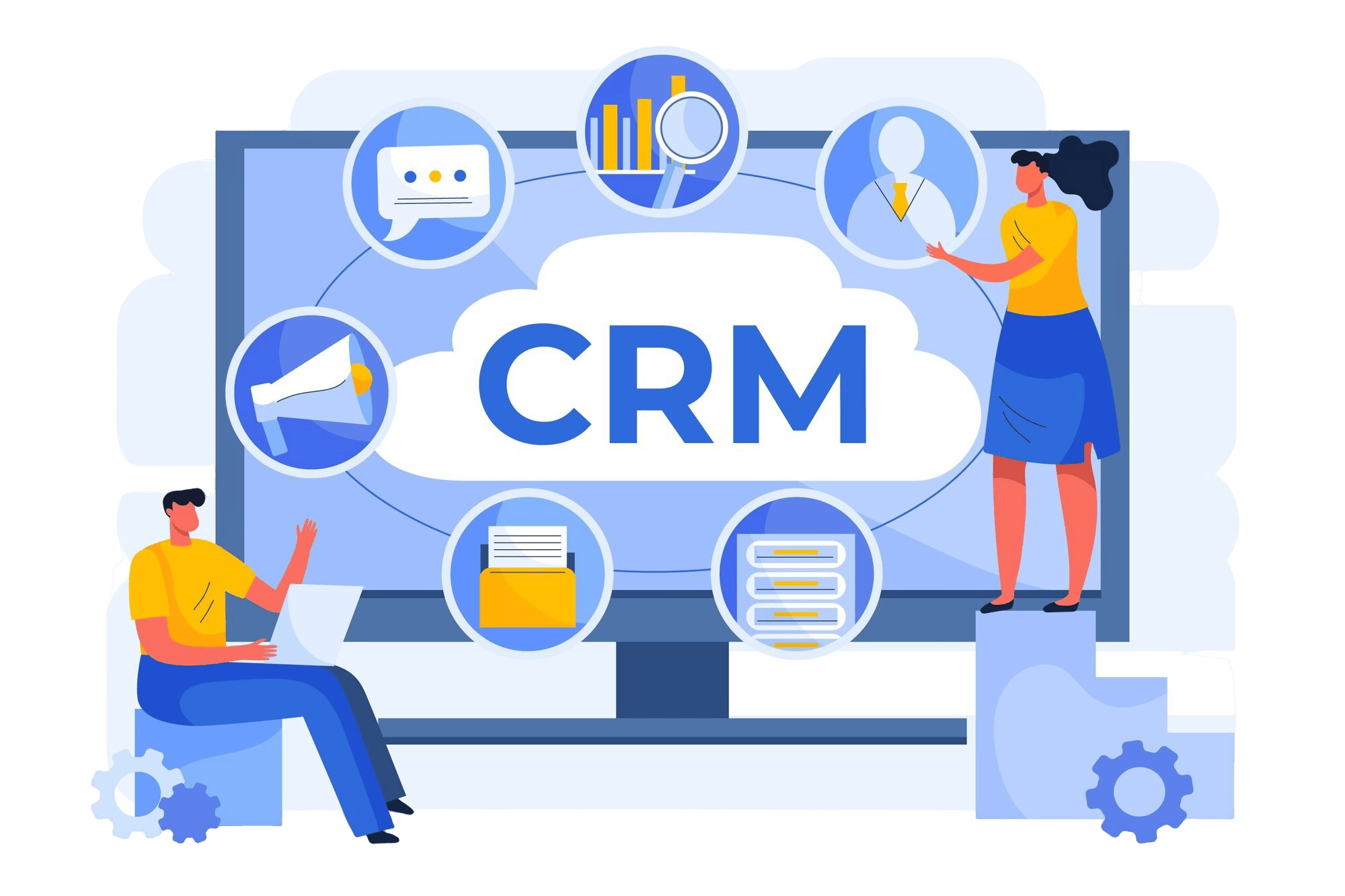
Customer Relationship Management (CRM)
CRM software manages a company’s interactions with customers and prospects, focusing on sales, customer service, and marketing automation.
How it benefits you?
- Streamlines marketing campaigns and customer segmentation.
- Helps monitor customer satisfaction and retention strategies.
- Improves sales performance by automating tasks and tracking leads.
- Centralizes customer information for personalized service and improved communication.
Business Intelligence (BI)
Business intelligence enterprise software enables organizations to collect and analyze data from various sources for informed decision-making. It offers tools for interactive dashboards and reports, helping users identify trends and gain actionable insights.
How it benefits you?
- Transforms raw data into actionable insights.
- Tracks key performance indicators (KPIs) to evaluate business health.
- Identifies market trends and customer behaviors to improve strategies.
- Helps optimize processes and reduce operational costs by providing data transparency.
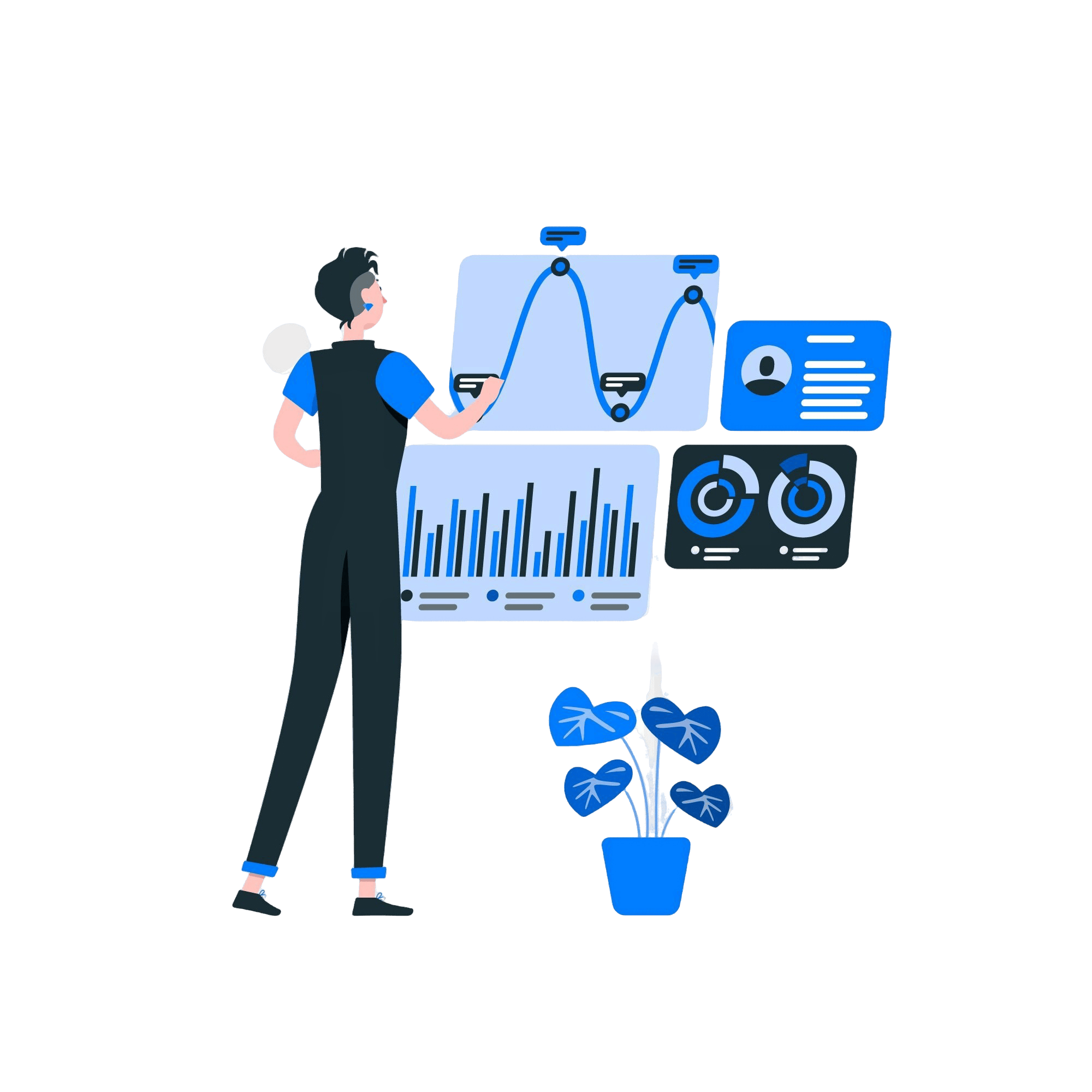
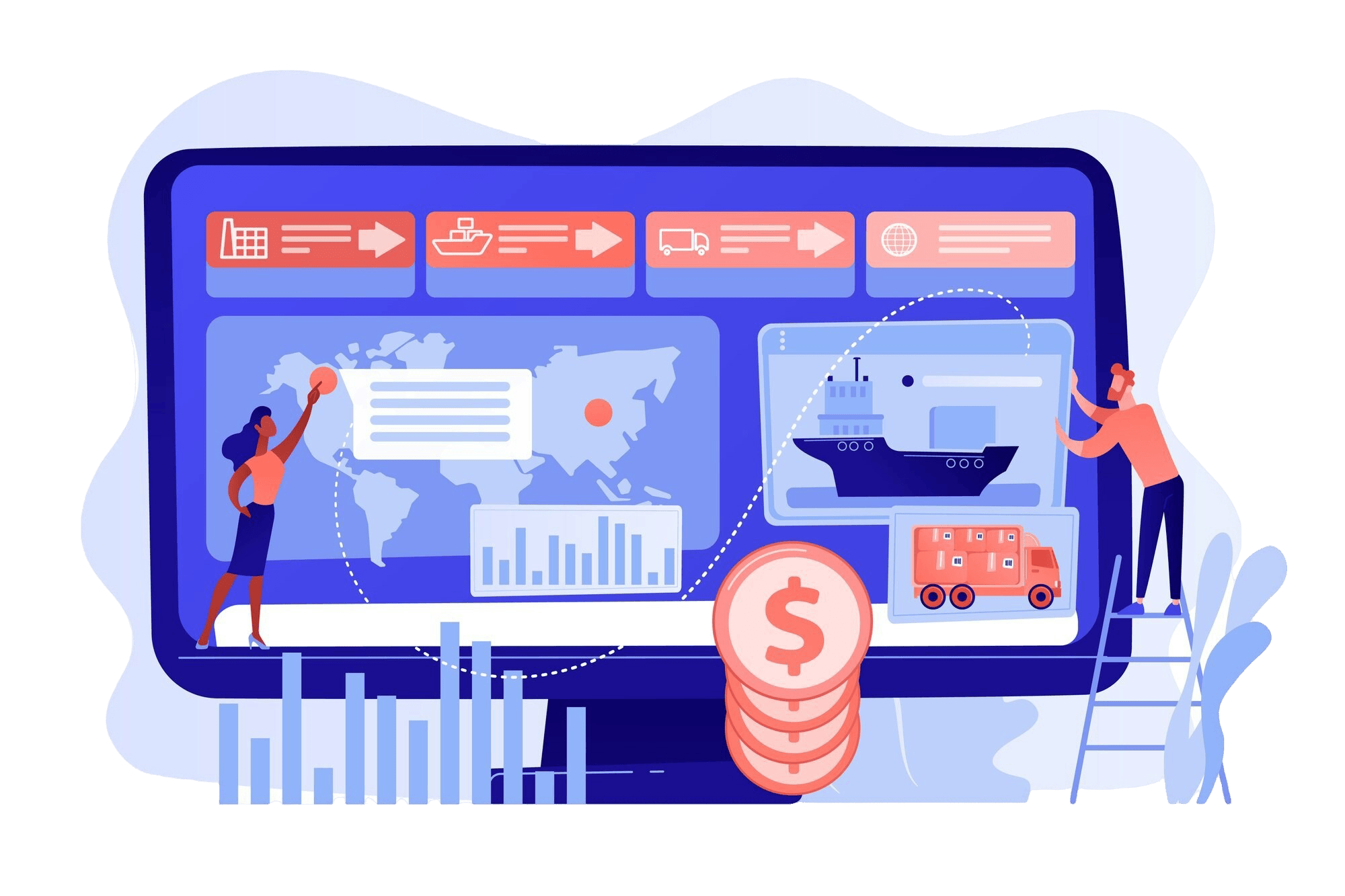
Supply Chain Management (SCM)
Supply Chain Management (SCM) is enterprise software that manages the flow of goods, information, and finances from suppliers to consumers, integrating processes like procurement, production, and logistics.
How it benefits you?
- Enhances stock management, minimizing shortages or overstocking.
- Streamlines logistics and operations, reducing supply chain costs.
- Provides real-time visibility into the supply chain.
- Facilitates communication and coordination with suppliers.
Human Resource Management (HRM)
Human Resource Management (HRM) is enterprise application software that simplifies workforce management processes such as recruitment, performance evaluation, and employee data management. It centralizes HR functions to enhance employee engagement and optimize talent management.
How it benefits you?
- Monitors employee performance and facilitates feedback.
- Ensures adherence to labor laws and regulations, reducing legal risks.
- Centralizes employee records, improving data accuracy and accessibility.
- Simplifies the hiring process by automating candidate sourcing and tracking.
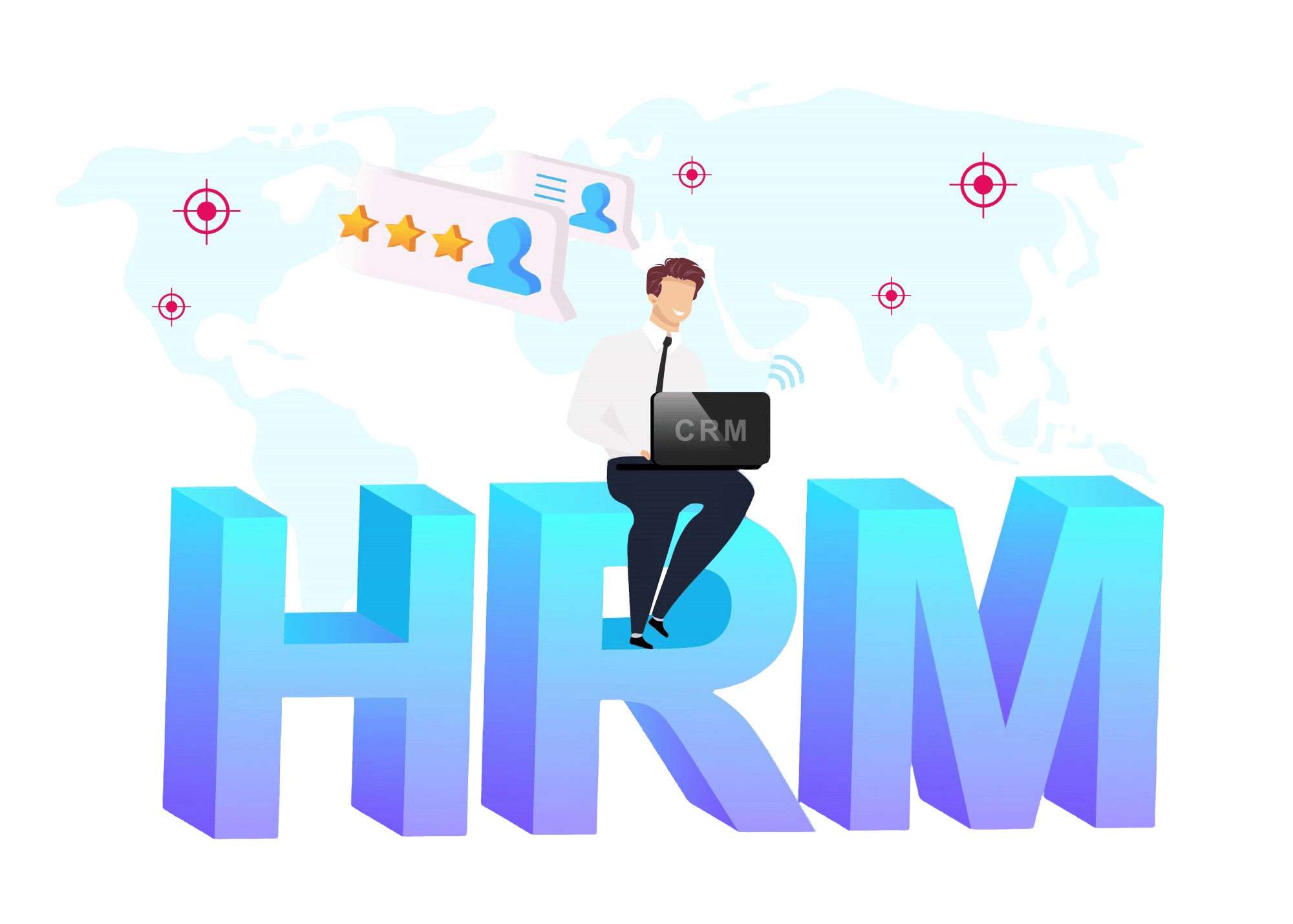
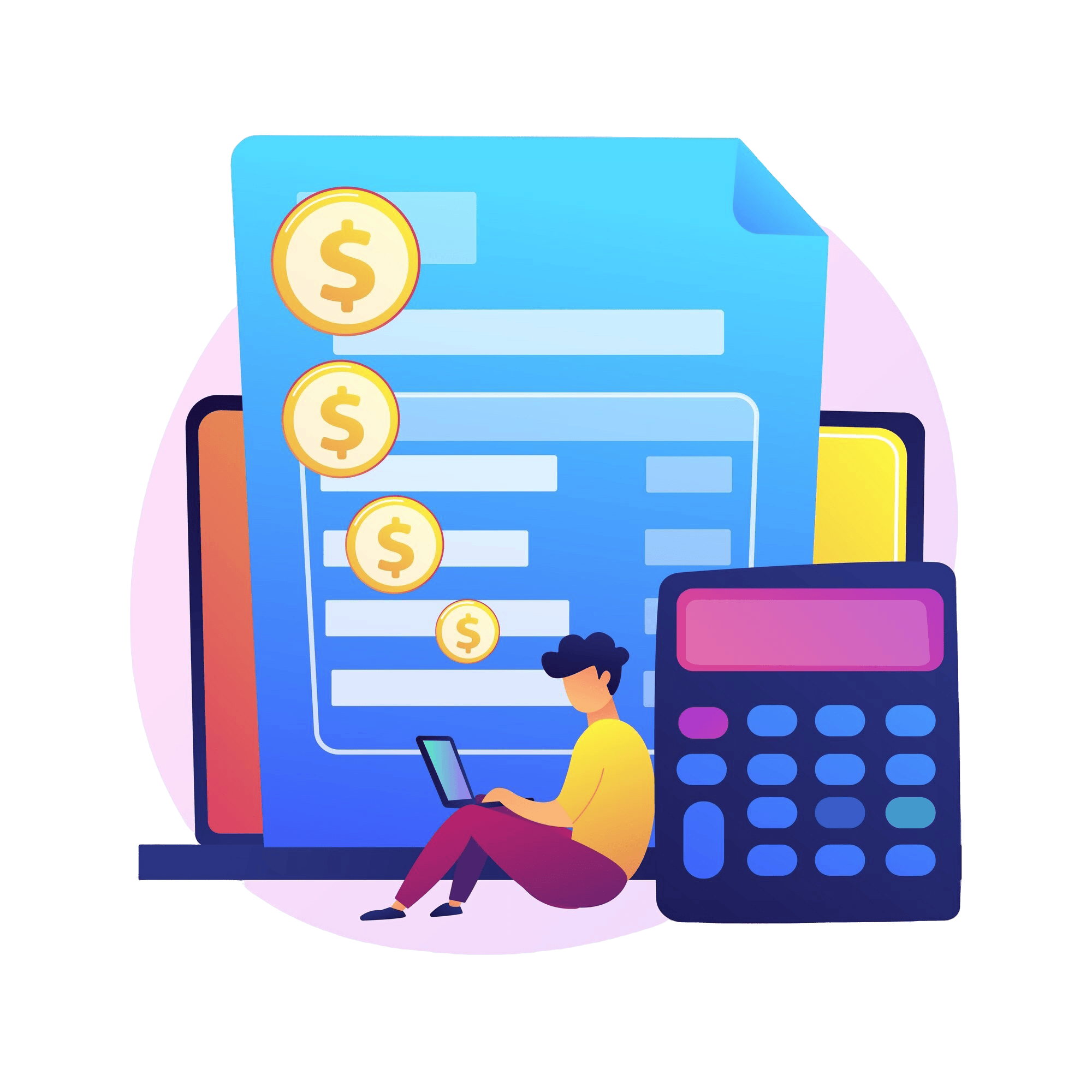
Payroll Administration
Payroll Administration is an enterprise application software that automates the calculation, management, and distribution of employee salaries, taxes, and deductions. It ensures accuracy in payroll processing and compliance with tax regulations while saving time and reducing administrative workload.
How it benefits you?
- Reduces errors in salary calculation and tax filings.
- Automates repetitive tasks such as generating pay slips and tax forms.
- Ensures compliance with tax laws and regulations.
- Enhances transparency with timely and accurate payroll processing.
What are the key features of enterprise software?
Enterprise software is designed to streamline operations and improve collaboration within organizations, featuring scalability for growth, seamless system integration, and advanced analytics and reporting for data-driven insights. Here are the key features that make enterprise software essential for your business:
Scalability
Enterprise software is designed to handle increasing workloads, allowing organizations to expand operations without sacrificing performance or efficiency. This ensures that as a business grows, the software can accommodate more users and data seamlessly.
Integration
Enterprise software solutions facilitate connectivity with existing systems, applications, and databases, enabling smooth data exchange and enhancing collaboration across various departments. Integration helps create a unified workflow, improving overall operational efficiency.
Analytics and reporting
Built-in analytics and reporting tools provide valuable insights into business performance and trends. This functionality empowers organizations to make data-driven decisions and identify areas for improvement in their operations.
Customization
Enterprise software can be tailored to fit specific business needs, processes, and industry requirements. This flexibility ensures that organizations can adapt the software to align with their unique goals and operational demands.
Security
Robust security features protect sensitive organizational data from unauthorized access and cyber threats. This includes user authentication, role-based access controls, and data encryption, ensuring compliance with industry regulations.
Data management
Enterprise software provides robust data management capabilities for accurate storage, retrieval, and analysis, ensuring data integrity and accessibility for informed decision-making and business growth.
How is enterprise software different from other software?
Enterprise software is tailored to enhance collaboration, streamline processes, and manage large volumes of data for organizations, while other software typically caters to individual user needs and simpler tasks. Here are the key differences that distinguish enterprise software from other types of software:
| Criteria | Enterprise software | Other software |
|---|---|---|
| Scope and scale | Designed for large-scale operations, accommodating multiple users and extensive data. | Typically focuses on specific tasks for individual users or small teams |
| Customization and integration | Highly customizable and built for integration with existing systems and applications. | Offers limited customization and often functions as standalone applications. |
| User management and security | Advanced user management with role-based access and robust security features. | May lack comprehensive user management and security features. |
| Implementation and maintenance | Complex implementation requiring dedicated IT resources and ongoing support. | Easier to set up and maintain, with fewer technical requirements. |
| Cost | Higher upfront costs and ongoing expenses due to complexity and customization. | Generally, more affordable, often operating on a subscription basis. |
| Focus on collaboration | Enhances collaboration across departments and teams, supporting workflows and communication. | Primarily focuses on individual tasks with limited collaboration features. |
How to choose the right enterprise software for your business?
Choosing the right enterprise software is crucial for optimizing business operations and achieving long-term goals. With various options available, it’s essential to approach the selection process methodically to ensure alignment with your organization’s specific needs and objectives. Here are the steps to guide you in making the right choice:
Step 1 - Analyze your requirements
- Assess current processes to identify your pain points and areas for improvement.
- Define essential features that the software must have to meet your business needs.
- Involve key stakeholders in the analysis to ensure all perspectives and requirements are considered.
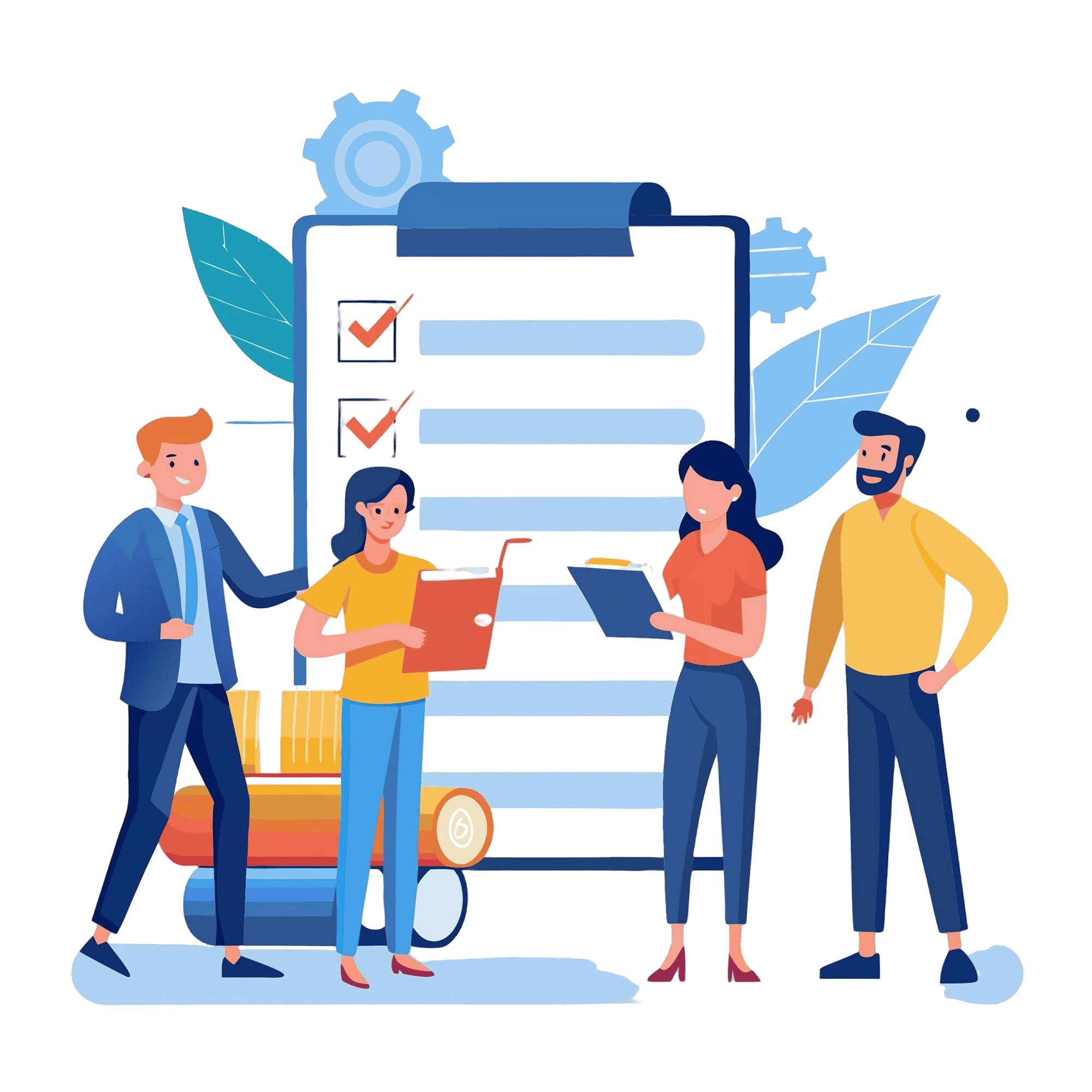

Step 2 - Choose the right outsourcing partner
- Look for software outsourcing partners with a strong reputation and experience.
- Check client testimonials, case studies, and portfolios to assess past project successes.
- Evaluate providers’ technical expertise, especially in the technologies and frameworks relevant to your project.
Step 3 - Engage in a discovery call
- Discuss your project’s objectives, scope, and unique requirements with the provider.
- Assess their approach to problem-solving, communication style, and responsiveness.
- Evaluate their flexibility in handling evolving requirements or unforeseen changes.


Step 4 - Evaluate proposals, costs & finalize contracts
- Review detailed project proposals, including timelines, milestones, and estimated costs.
- Ensure clauses for intellectual property, confidentiality, and data security are in place.
- Define clear terms for scope, deliverables, and payment schedules, including milestone payments and final settlement.
- Agree on a communication plan and escalation process for resolving potential issues.
Step 5 - Collaborate and track the team's progress
- Establish a communication schedule, including regular updates and milestone reviews.
- Provide feedback at each stage to address any issues promptly and keep the project on track.
- Use project management tools to monitor deliverables, timelines, and adherence to the defined scope.
- Maintain open communication to allow for adjustments and ensure alignment with business goals.

Why choose Mallow as your enterprise software development company?
Choosing the right partner for custom enterprise software development is crucial to transforming your business operations. As an enterprise app development company, we blend innovation, expertise, and tailored solutions to address your unique challenges and achieve seamless integration. With a proven track record of delivering impactful results, we ensure your enterprise software drives efficiency and success.
Here’s why Mallow stands out as your trusted partner:
Here’s why Mallow stands out as your trusted partner:
Focus on innovation
As a enterprise software development company, we innovate advanced enterprise software solutions tailored to your needs, leveraging the latest technology for optimal performance.
Expertise in custom solutions
We specialize in crafting custom enterprise software solutions tailored to your unique business needs, ensuring maximum efficiency and effectiveness.
Focus on security & compliance
We at Mallow prioritize security and compliance, ensuring your data is protected while meeting all industry regulations.
Agile development methodology
Our team utilizes an agile development methodology, allowing us to adapt swiftly to changes and deliver solutions efficiently.
Seamless integration
We deliver seamless integration, ensuring your systems work together effortlessly for enhanced efficiency.
End-to-end support
Mallow offers end-to-end support in developing enterprise software, guiding you through every step of the process to ensure your success.
Why our clients keep choosing us? Listen from them...
Discover why our clients have consistently chosen us for their software development needs. As a trusted software development agency with over 13 years of experience, our dedicated team delivers exceptional solutions, empowering your business to thrive. With our flexible scaling and unwavering commitment to client satisfaction, we’re your go-to partner for innovative software development.

"Mallow Technologies Private Limited has an excellent company culture and is extremely responsive and reliable."
Joseph Motley, CEO, Trygg

"Their reliability, attention to detail, transparency, and technical communication has been excellent."
Brian Casel, Founder & CEO, SaaS Product Company

"They have become a true business partner that I can rely on to perform without worry and deliver without hesitation."
Chris Jones, CTO, School Shares

"The work is high-quality, but I especially appreciated Mallow Technologies' autonomy."
Chris Atkinson, CEO, Fleetrover

"They offer great communication matched with technical skills and reliability."
Brian Casel, Owner, Instrumental Products

"They deliver their items on time."
Oky Sabeni, Product Manager, Podseeker

"They've become a valuable strategic partner."
Aaron Kassover, Founder, AgentMethods

"The product delivered is up to our expectations."
Dinesh Kumar, Manager, The Karur Vysya Bank Limited

"They're doing a great job. I'm still working with them."
Alex Dracup, Founder, Reef App Development
What are the best outsourcing solutions we offer for developing
enterprise software tailored to your business?
Looking to optimize your web, mobile app, and enterprise software development process? Discover our tailored outsourcing models designed to meet your project needs and business goals.
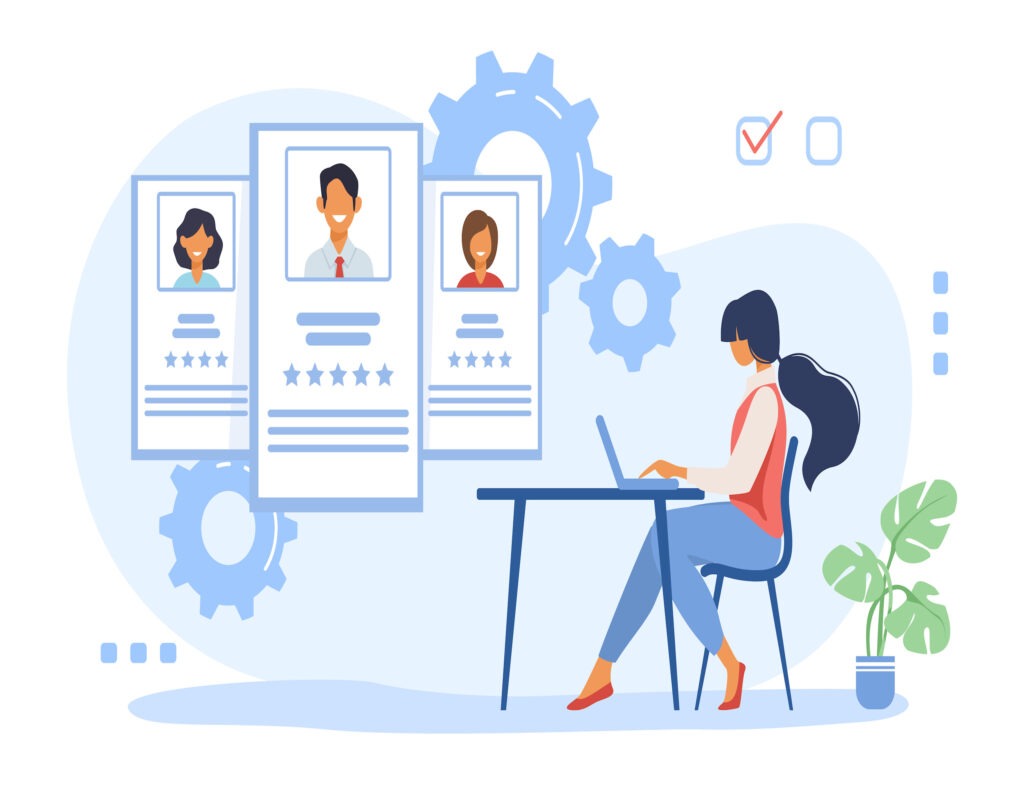
Project-based outsourcing
Opt for project-based outsourcing when you need a specialized team to deliver a defined enterprise software project on time and within budget. Mallow manages the entire lifecycle from planning and development to testing and deployment, providing a fully managed solution with clear timelines, ideal for projects with well-defined requirements.
Choose from the wide range of pricing models
Fixed price model
- The total cost is agreed upfront based on a well-defined, stable project scope.
- Ideal for small to mid-sized projects with clear requirements, timelines, and deliverables.
Time and Material (T&M) model
- Clients are billed based on actual time spent and resource rates.
- Suitable for projects with evolving requirements, like agile development or undefined scopes.
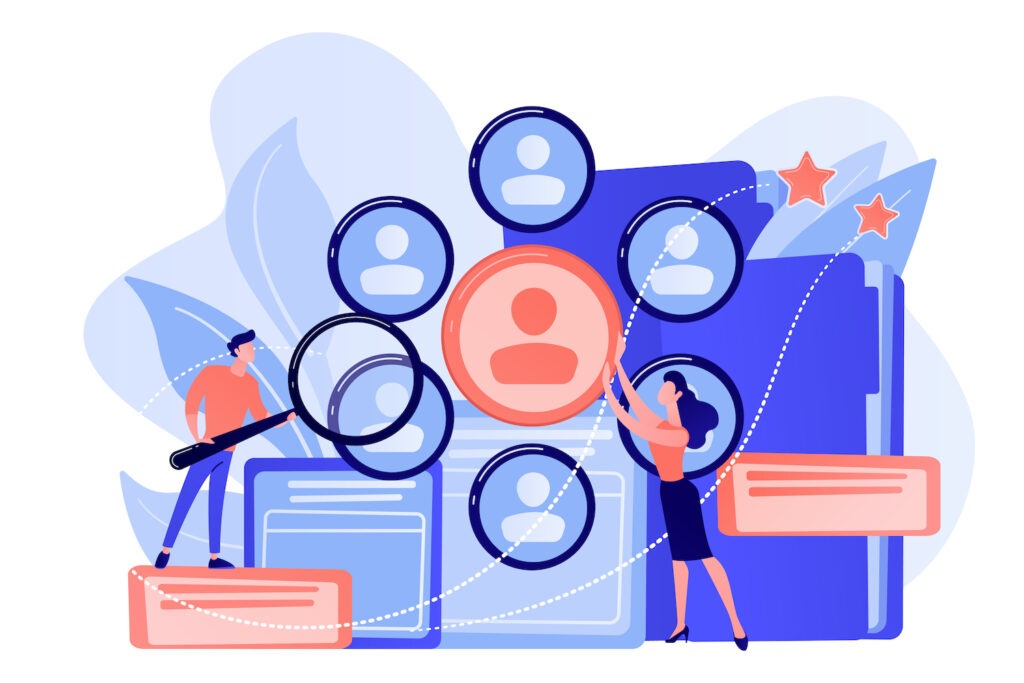
IT Staff augmentation
Our IT Staff Augmentation model provides flexible expertise to fill skill gaps and manage workloads. Our specialists integrate seamlessly with your team, offering developers, designers, testers, and more to help you achieve your project goals.
Choose from the wide range of pricing models
Monthly retainer model
- Fixed monthly fee per staff member for full-time engagement, ensuring predictable billing.
- For projects requiring ongoing support, maintenance, or long-term resources with consistent workloads.
Time and Material (T&M) model
- Billed based on the hours worked by the augmented staff. Rates are usually agreed upon per hour or per day.
- For projects with undefined or evolving requirements, or for roles that require flexibility in workload and duration.

Dedicated Development Team (DDT)
For clients with long-term or complex projects, our Dedicated Development Team model provides a fully committed team that works as an extension of your organization. This model is ideal for ongoing development, maintenance, and scaling. Mallow assembles a team of dedicated developers, designers, and project managers who work exclusively on your project.
This team aligns closely with your goals and processes, offering continuity, consistent progress, and complete alignment with your business objectives. Pricing is typically based on a fixed monthly fee per team member or a set hourly rate, covering the developer’s time, expertise, and resources. This model allows clients to have predictable costs while gaining flexibility to scale the team as project needs evolve.
Wondering what enterprise software development looks like in 2025 for your organization?
As demands grow and technology evolves, many businesses are developing enterprise software tailored to their needs and capable of scaling with their business. Explore the article to discover why businesses like yours are investing in enterprise solutions, the key steps involved in enterprise software development, and the emerging trends in 2025 that can help you stay ahead and ensure your software aligns with your long-term goals.
Your industry, our expertise in tailored enterprise software development services for every business size.
Need a enterprise software tailored to your industry’s unique challenges? Our expertise covers businesses of all sizes. Whether you’re a startup or an established enterprise, our tailored solutions provide the support you need to succeed.
Agriculture
Revolutionizing farming with innovative technology to enhance productivity, efficiency, and environmental stewardship in farming
Automotive
Empowering automotive excellence for improved performance and safety
Computer & electronics
Transform computer & electronics with bespoke features and next-gen technology
Consumer goods
Deploy IT solutions to improve, streamline, and modernize consumer goods operations
Education
Optimize educational systems with technology for improved teaching and learning
Energy – oil & gas
Streamline oil and gas workflows with customized IT solutions and real-time monitoring
Financial services
Achieve rapid, secure financial solutions with scalability and enhanced customer satisfaction
Healthcare
Advance healthcare with IT to boost diagnostics accuracy and patient care
Hospitality
Smart solutions for personalized guest experiences through advanced data analytics and seamless integration
Manufacturing
Utilize agile manufacturing and automation with optimized production planning
Marketing & advertising
Power marketing with advanced data interpretation and personalized advertising strategies
Professional services
Empower with advanced CRM solutions and streamlined workflow automation
Real estate & construction
Advance real estate and construction through precise planning and superior efficiency and visualization
Transportation & logistics
Facilitate real-time fleet management with seamless communication and enhanced customer service
Travel
Enrich the travel industry with cohesive booking systems and live itinerary updates.
and much more….
Our tech stack
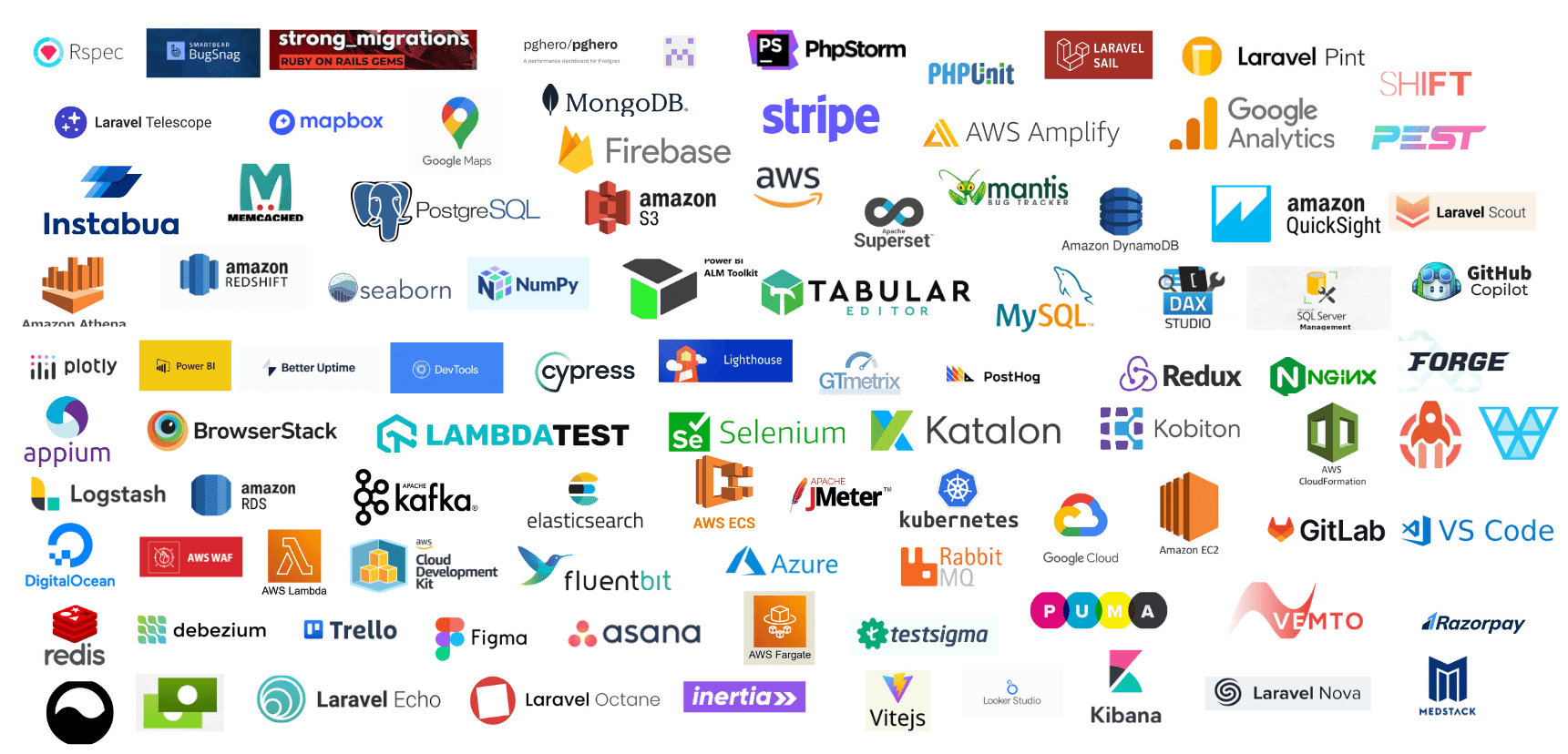
Your queries, our answers
What is an enterprise software?
Enterprise software refers to applications that are designed to meet the specific needs of large organizations. These solutions support various business functions, such as resource planning, customer relationship management, and data analysis.
How does enterprise software differ from regular software?
Unlike regular software, which typically targets individual users or small businesses, enterprise software is built to handle complex processes, large data sets, and multiple user roles across various departments within an organization.
Is enterprise software the same as ERP?
Enterprise software supports core functions like CRM, HRM, and SCM. ERP, a specific type, integrates business processes across departments, including finance and inventory. All ERPs are enterprise software, but not all enterprise software is ERP.
What is enterprise software vs SaaS?
Enterprise software supports core functions like CRM, HRM, and SCM. ERP, a specific type, integrates business processes across departments, including finance and inventory. All ERPs are enterprise software, but not all enterprise software is ERP.
What types of enterprise software solutions are available?
Enterprise software encompasses various solutions, including Enterprise Resource Planning (ERP), Customer Relationship Management (CRM), Human Resource Management (HRM), and Supply Chain Management (SCM), each tailored to specific business needs.
How can enterprise software improve business efficiency?
Enterprise software streamlines processes, reduces manual tasks, centralizes data, and enhances collaboration across departments, ultimately leading to improved productivity and decision-making.
What are the typical examples of enterprise software?
Typical examples of enterprise software include SAP ERP, which integrates core business functions like finance and supply chain; Oracle E-Business Suite, offering comprehensive applications for various business processes; and Microsoft Dynamics 365, which provides a range of solutions for CRM and ERP. Other notable examples are Salesforce for customer relationship management and ServiceNow for IT service management.
Why do businesses need enterprise software?
Businesses need enterprise software to streamline processes, enhance collaboration, improve data management, and provide insights through analytics. It helps in automating tasks, reducing manual errors, and increasing overall efficiency.
What support does Mallow Technologies provide after implementation?
Mallow Technologies offers comprehensive post-implementation support, including training, technical assistance, regular updates, and maintenance services to ensure your enterprise software continues to meet your evolving business needs. To learn more about our processes, talk to our expert.

What happens after you fill-up the form?
Request a consultation
By completely filling out the form, you'll be able to book a meeting at a time that suits you. After booking the meeting, you'll receive two emails - a booking confirmation email and an email from the member of our team you'll be meeting that will help you prepare for the call.
Speak with our experts
During the consultation, we will listen to your questions and challenges, and provide personalised guidance and actionable recommendations to address your specific needs.

